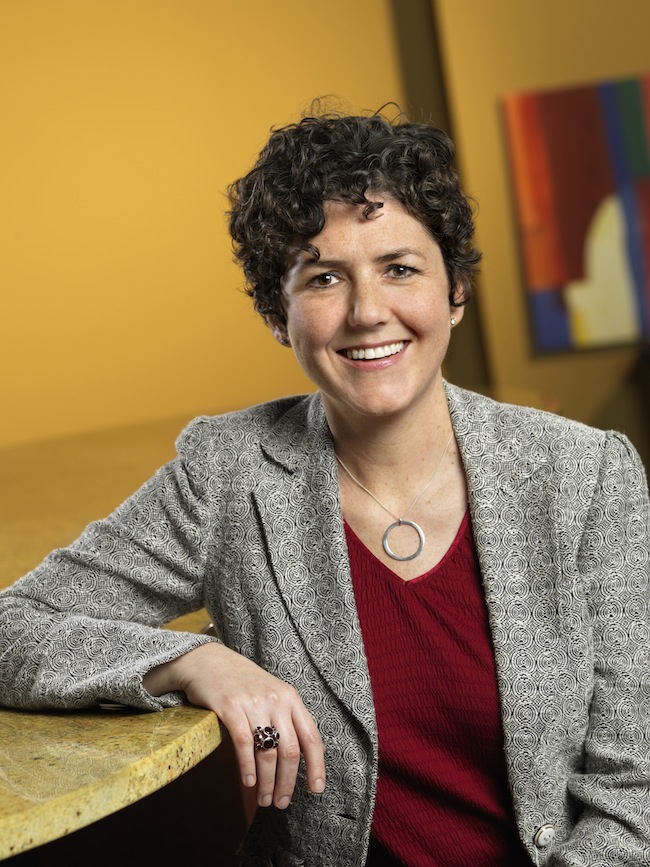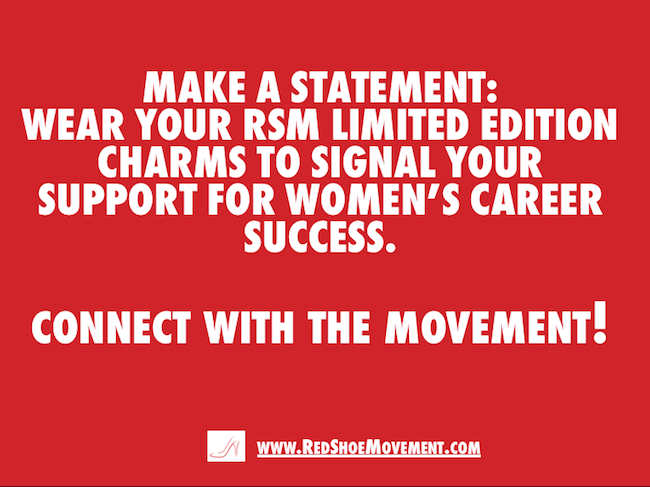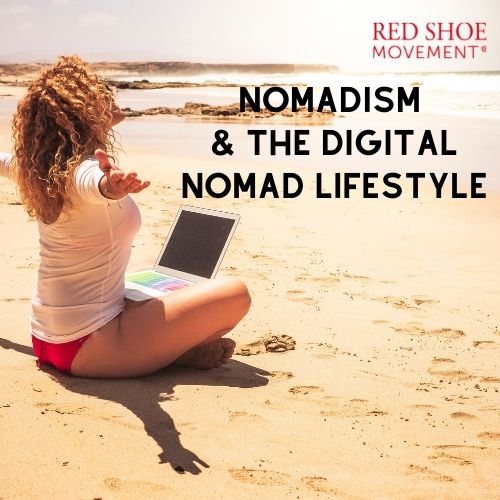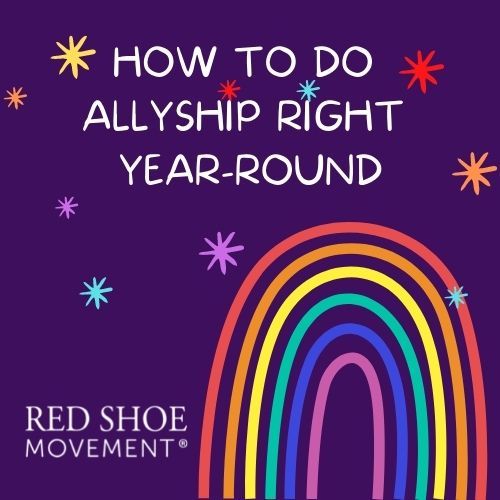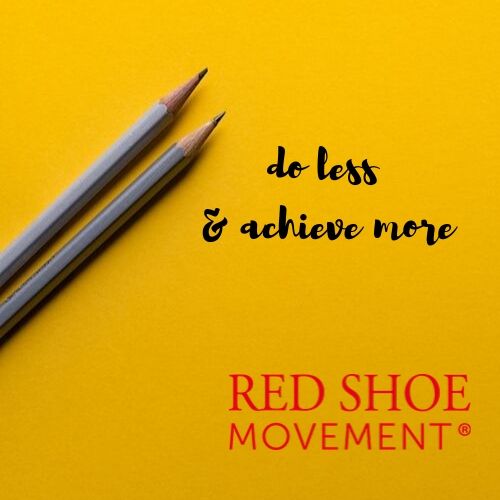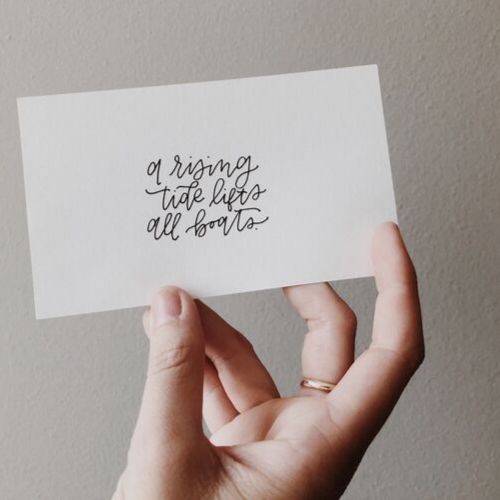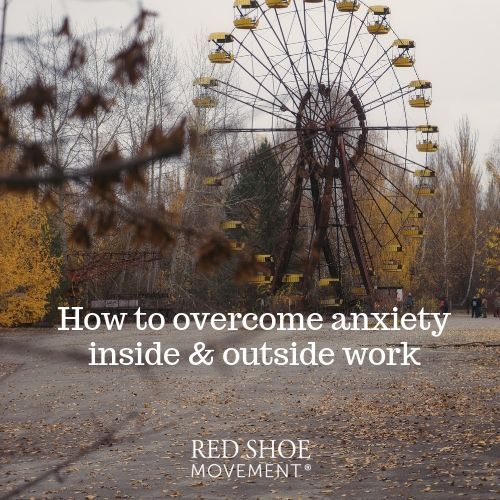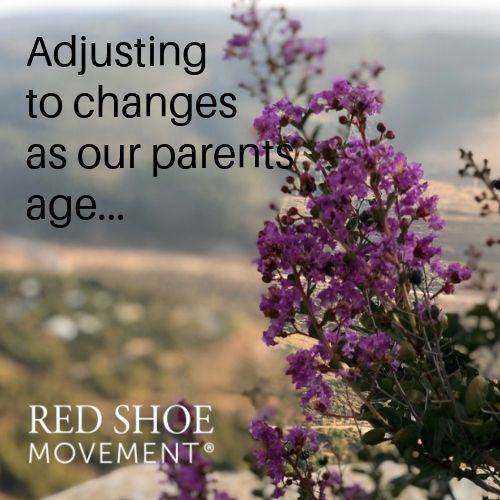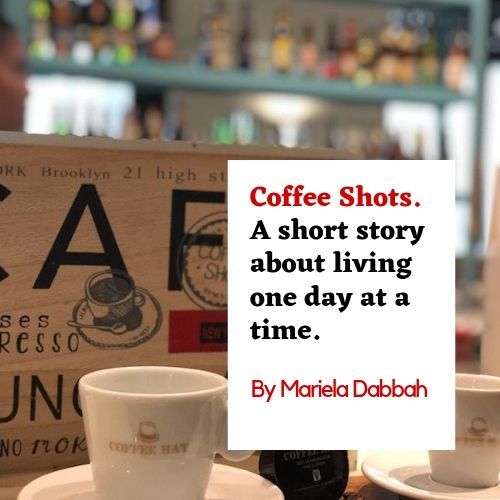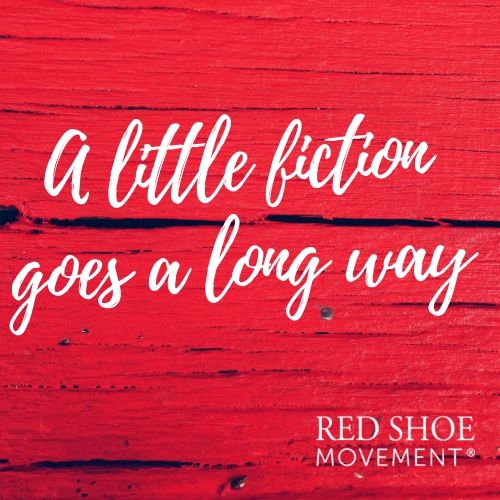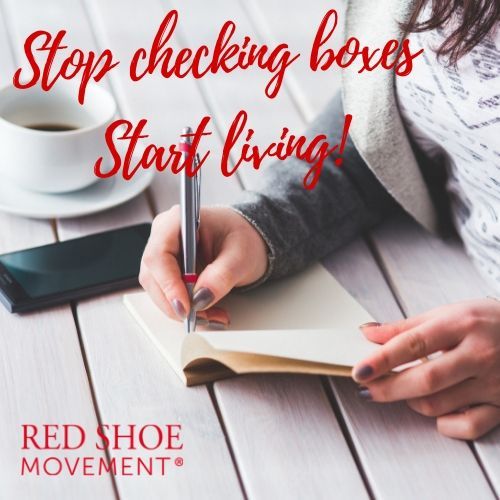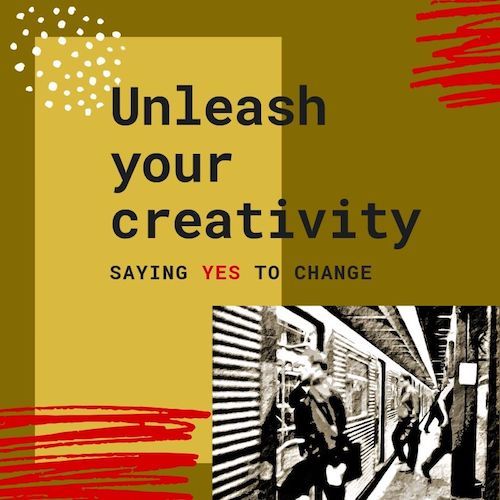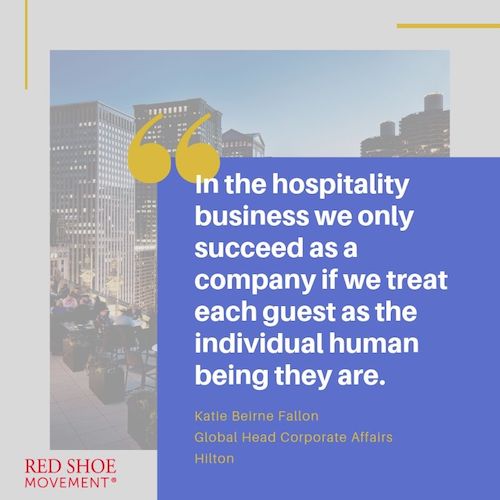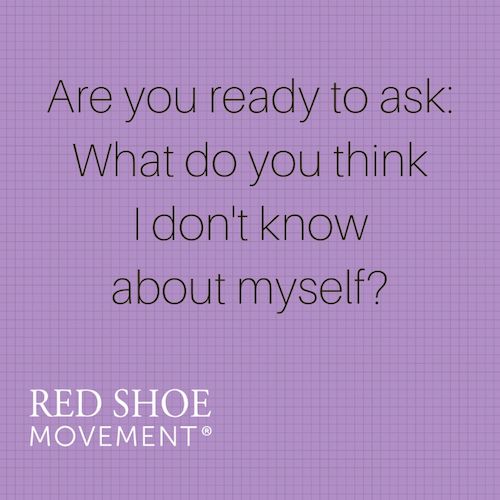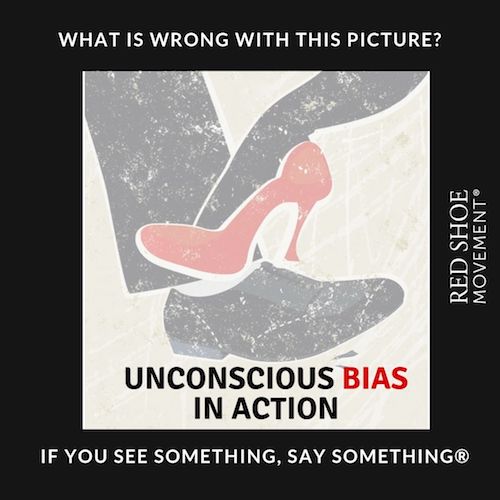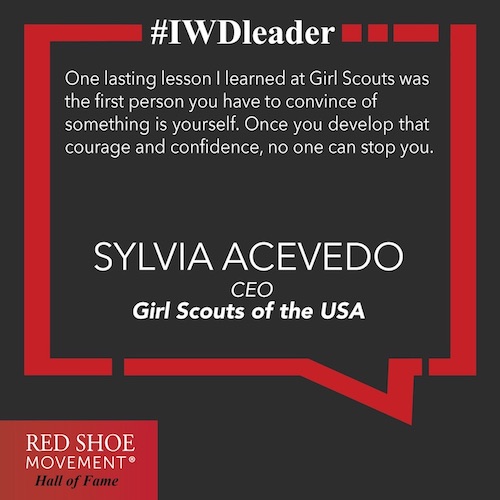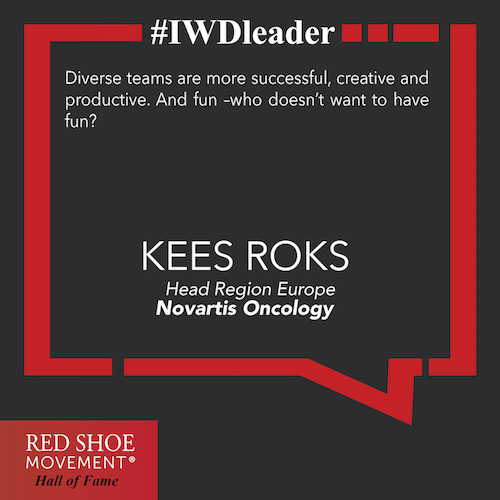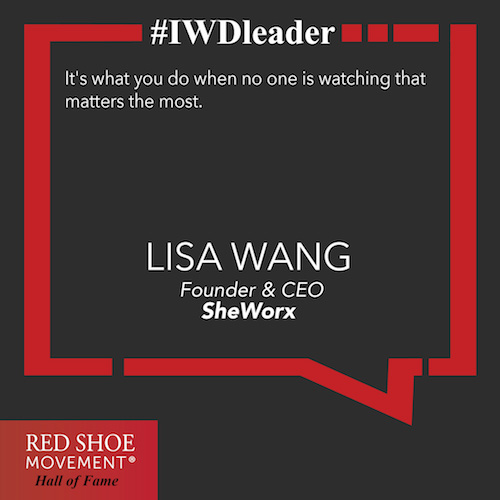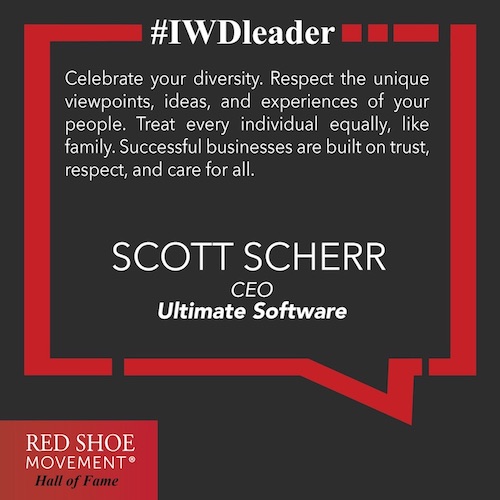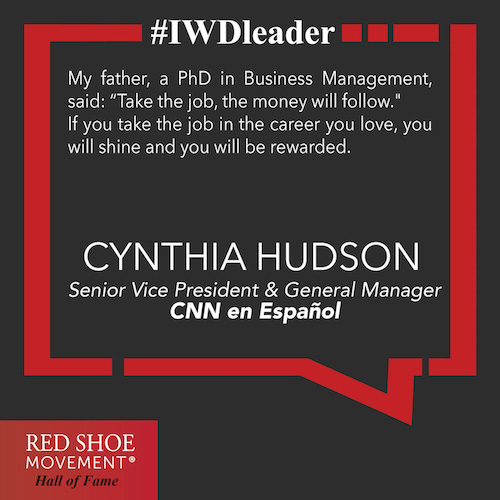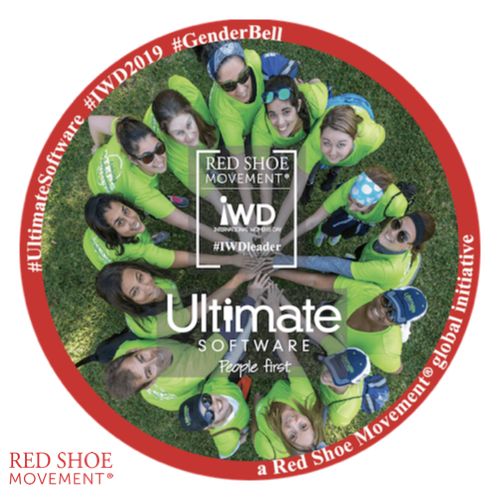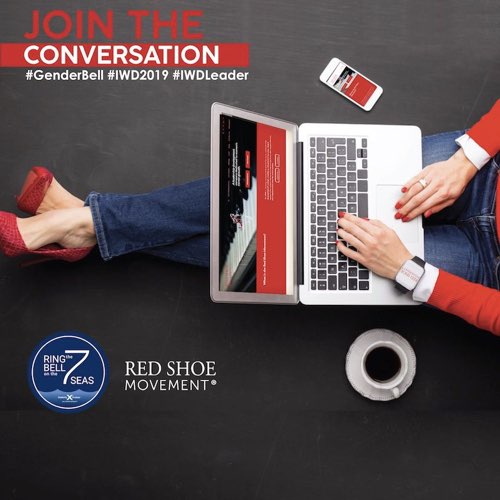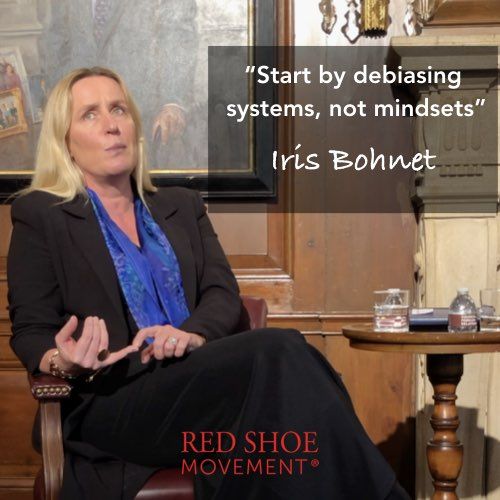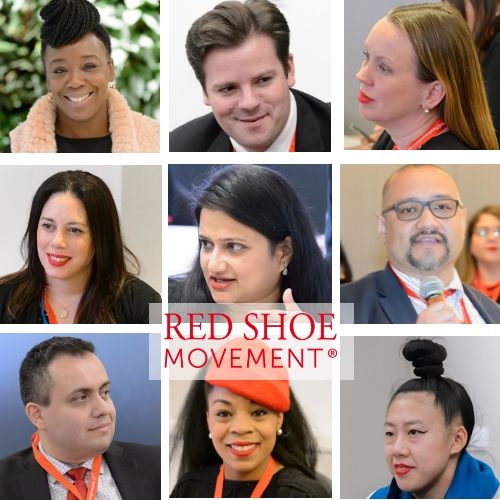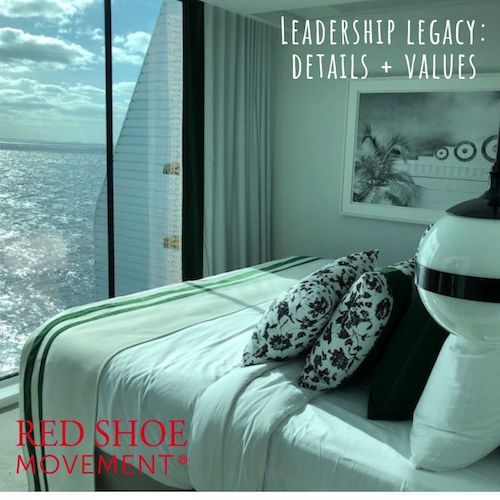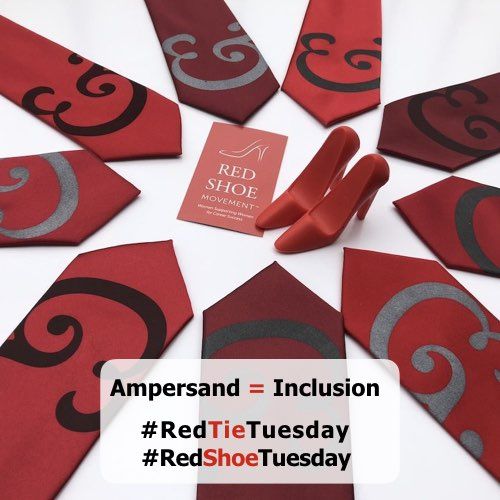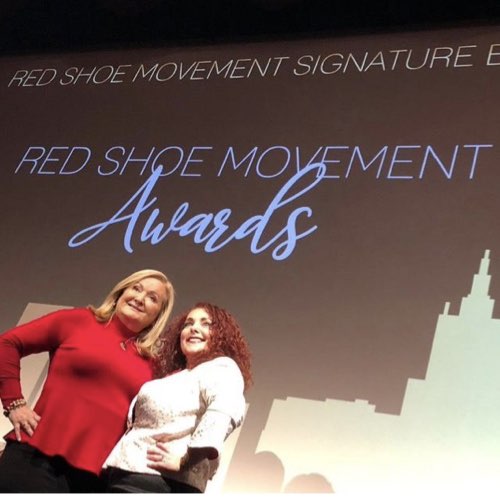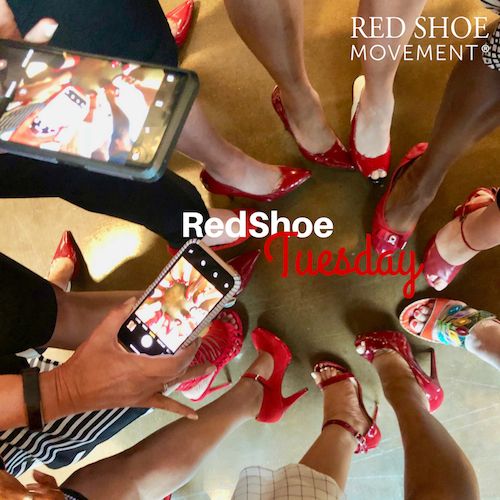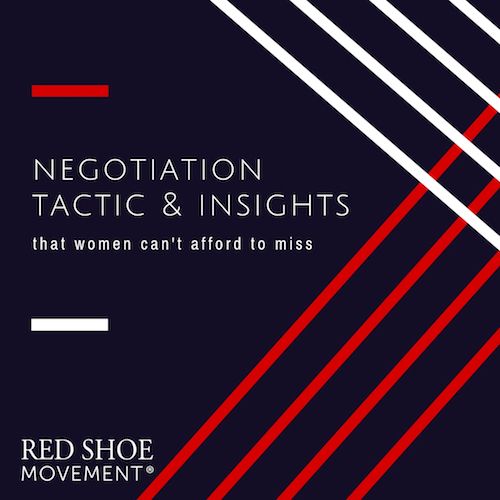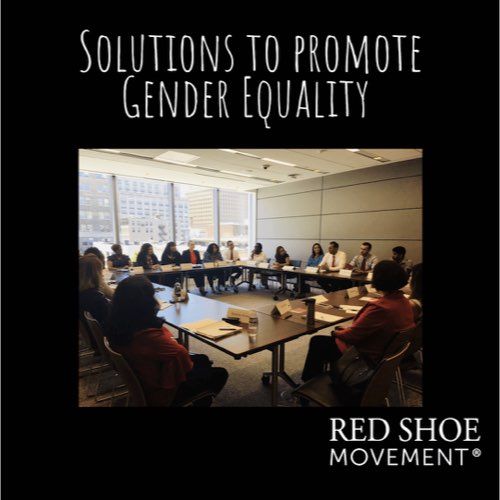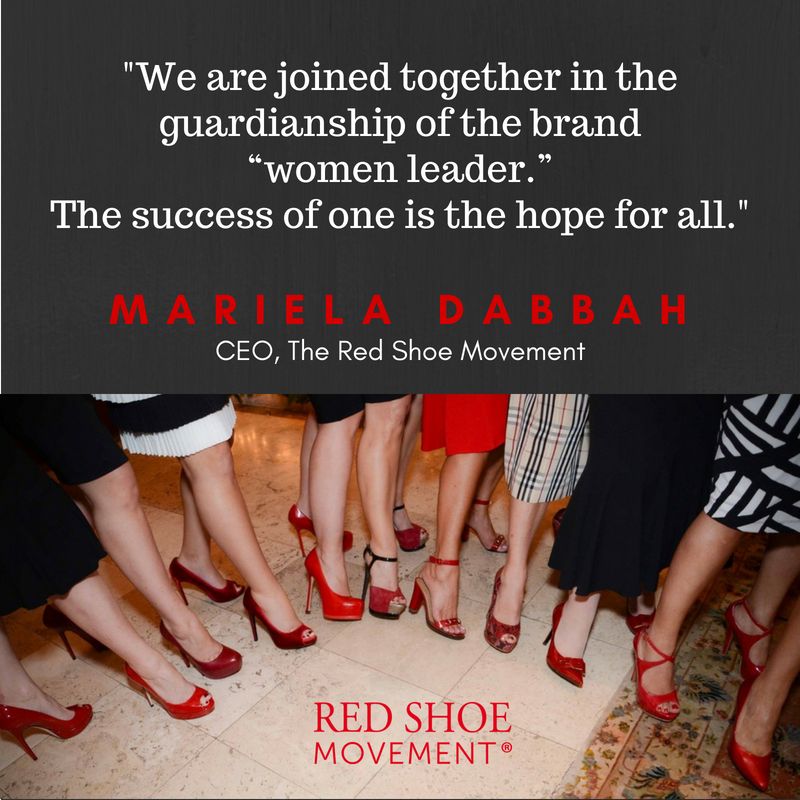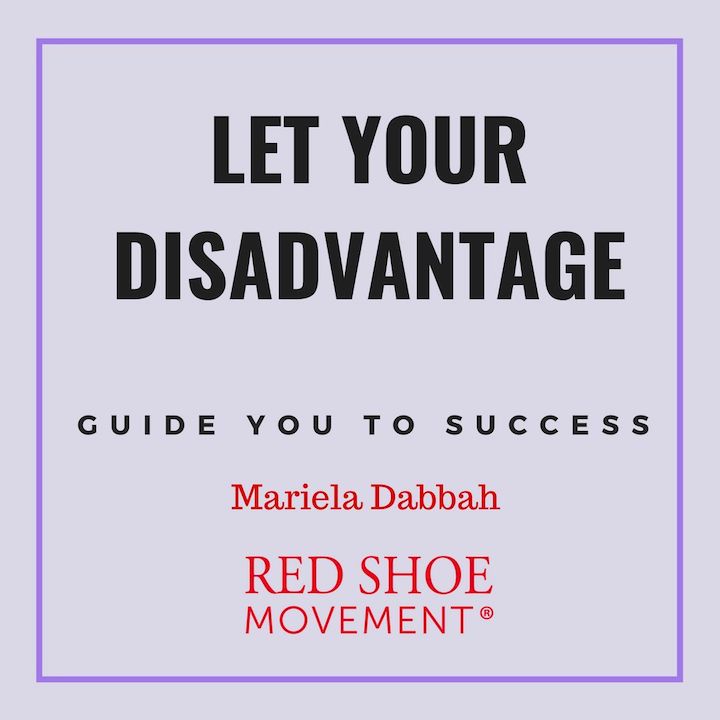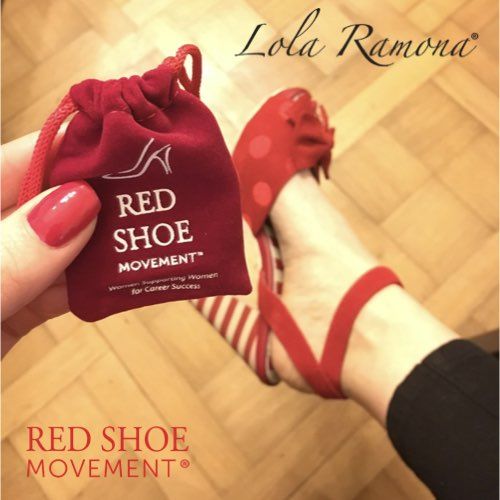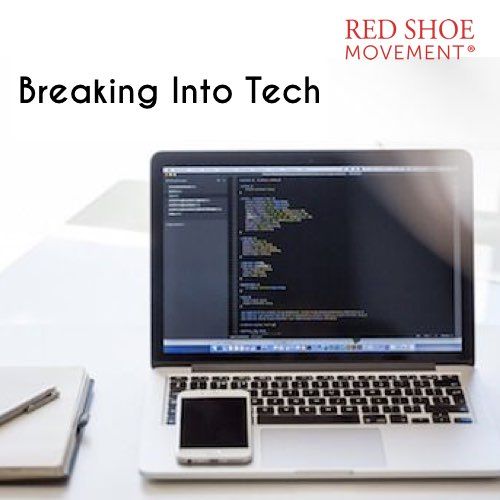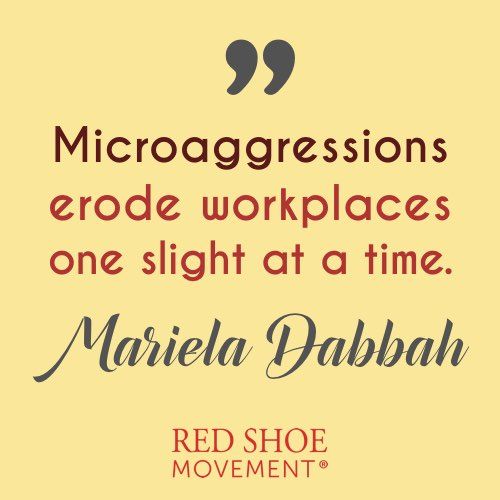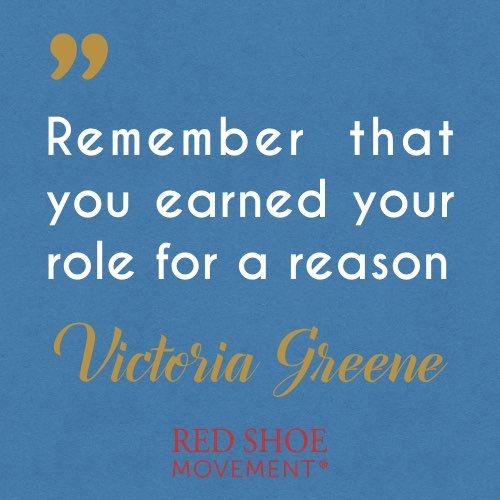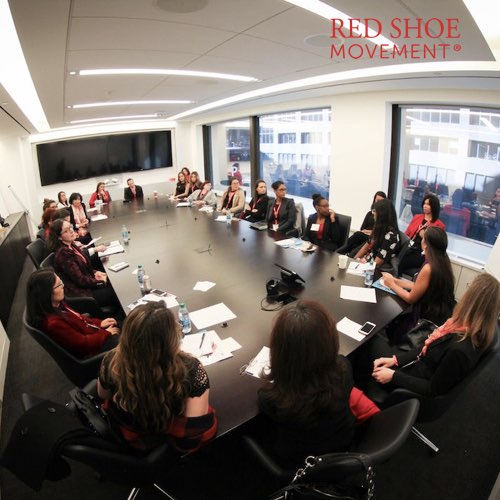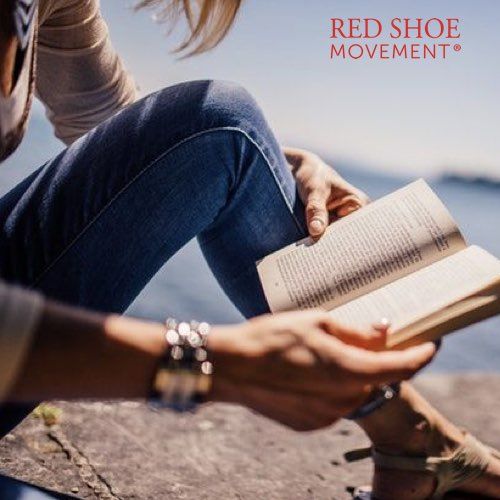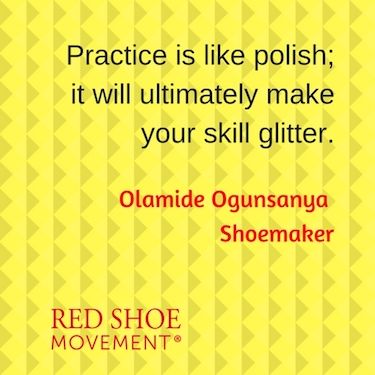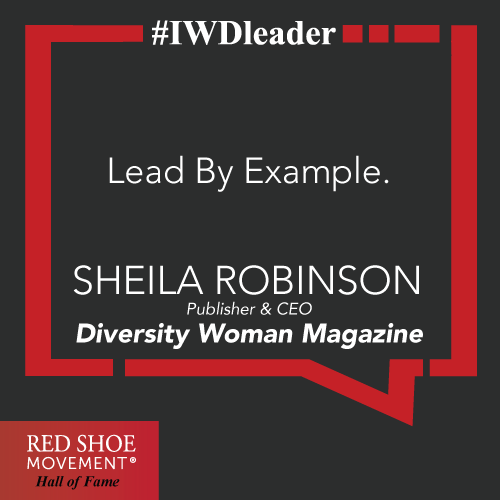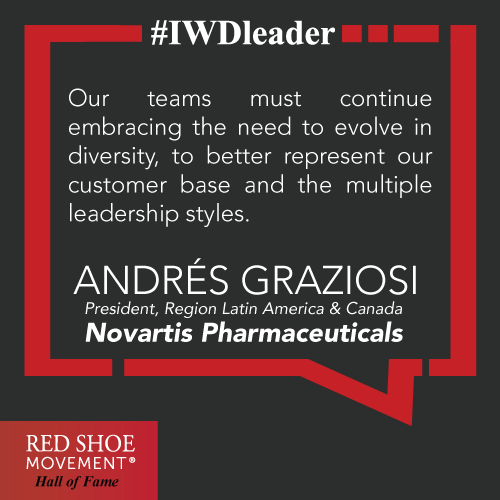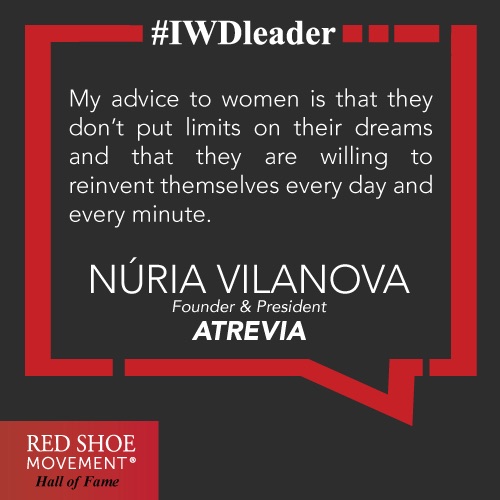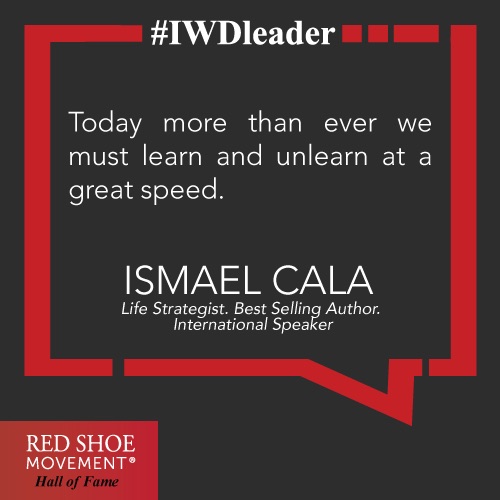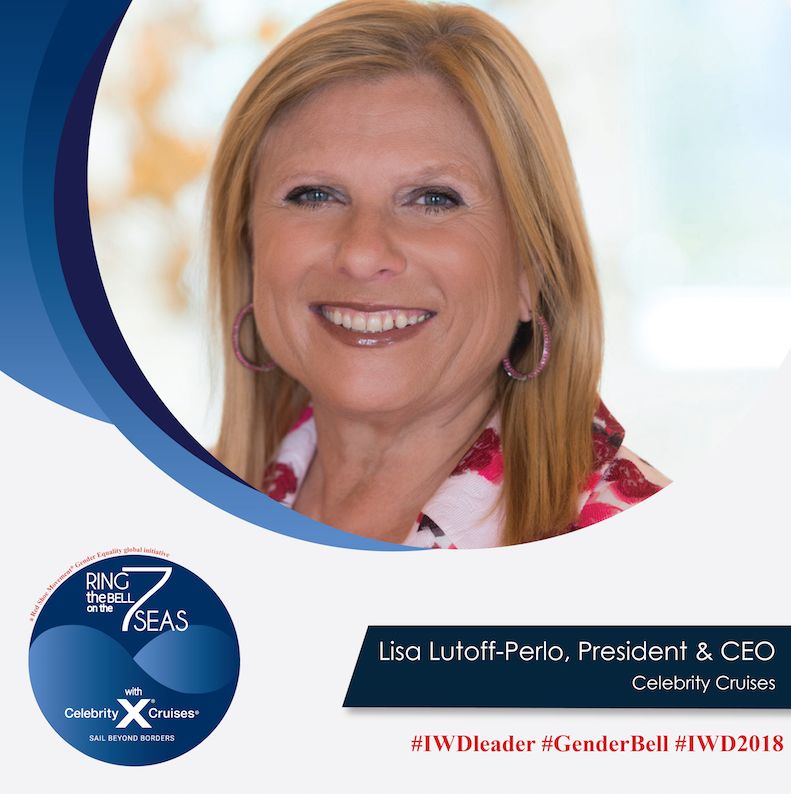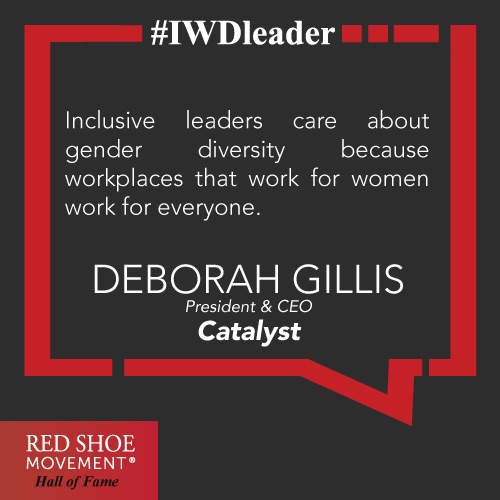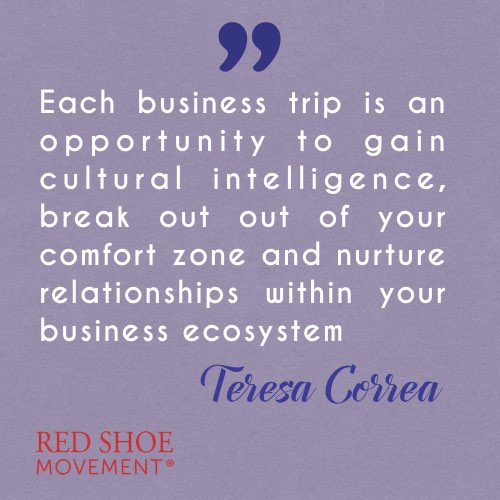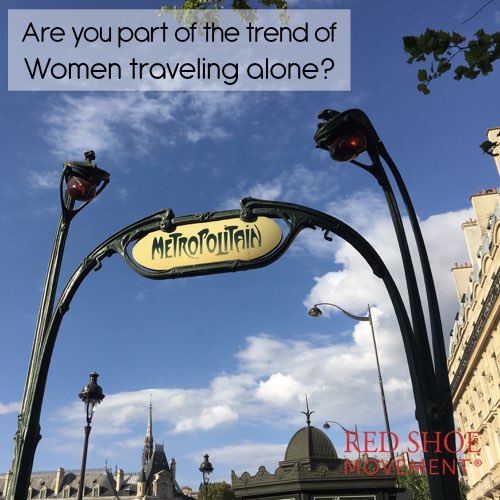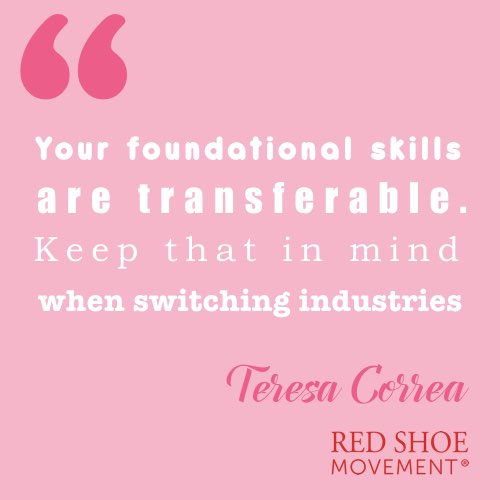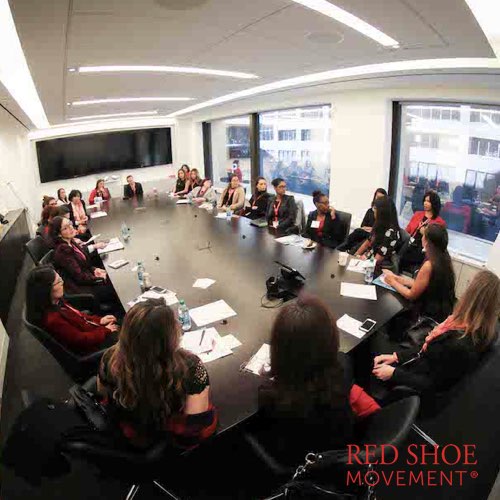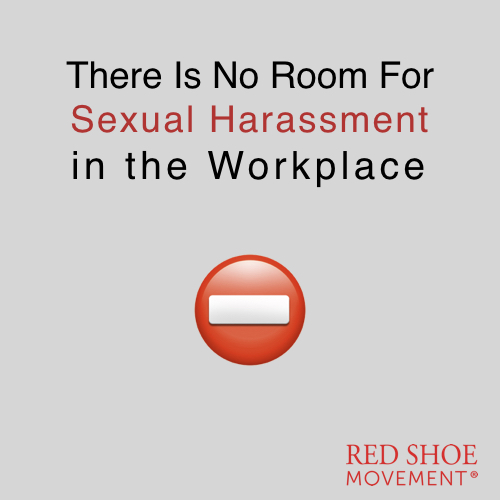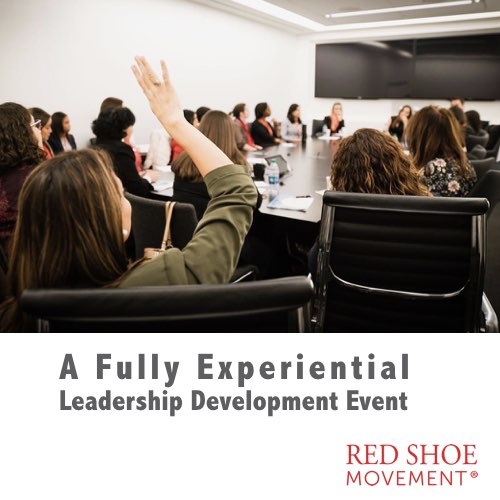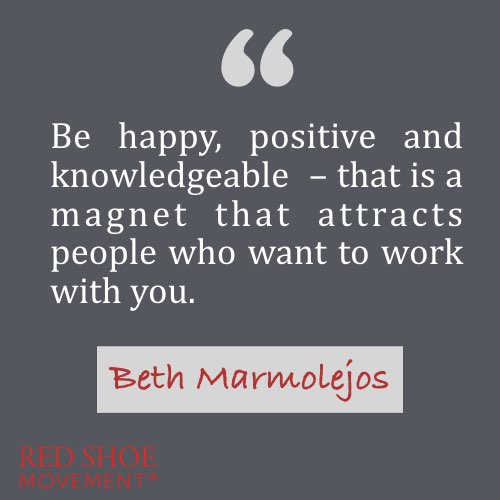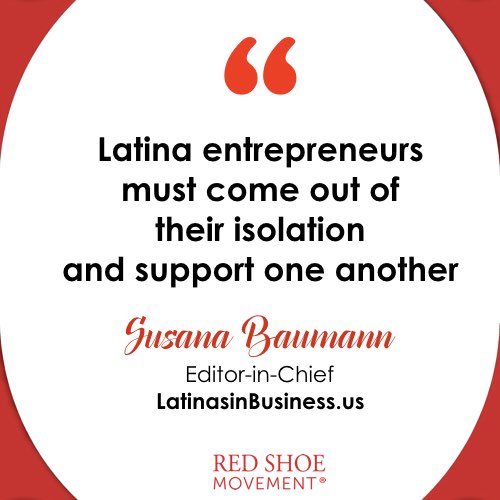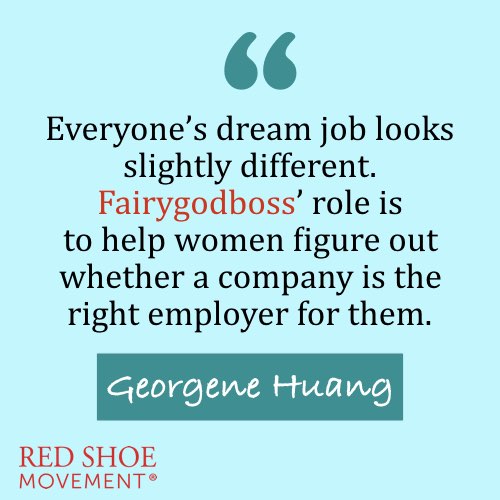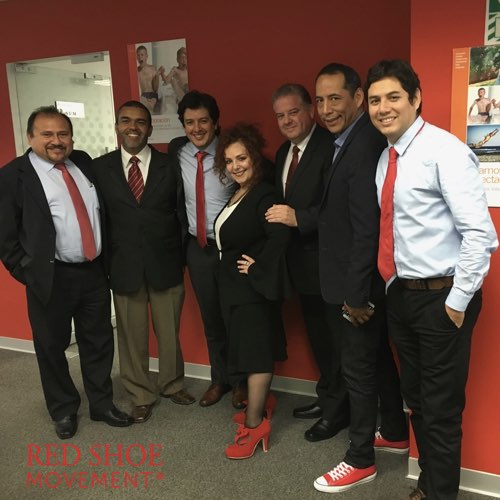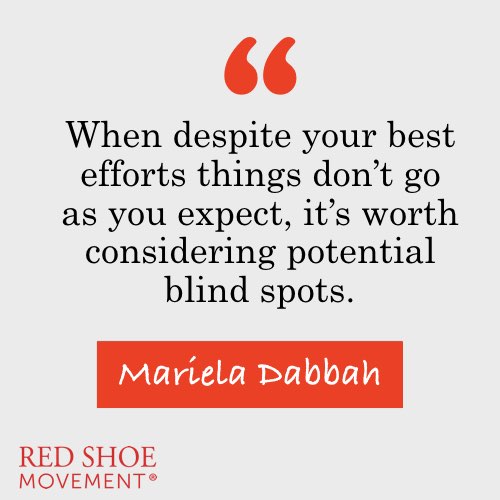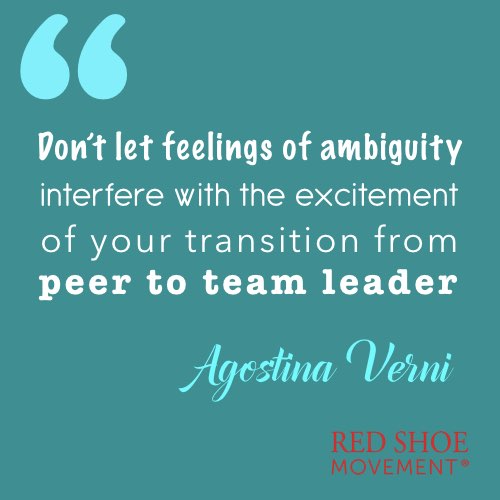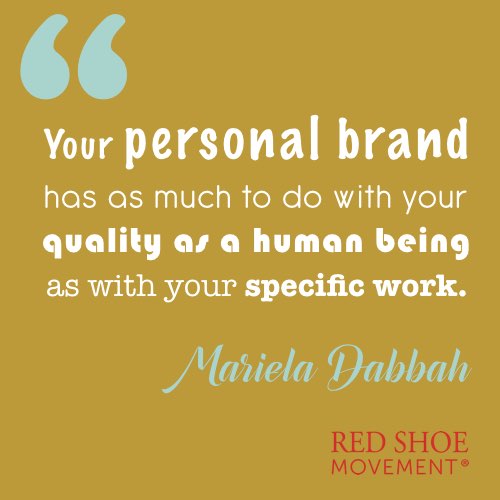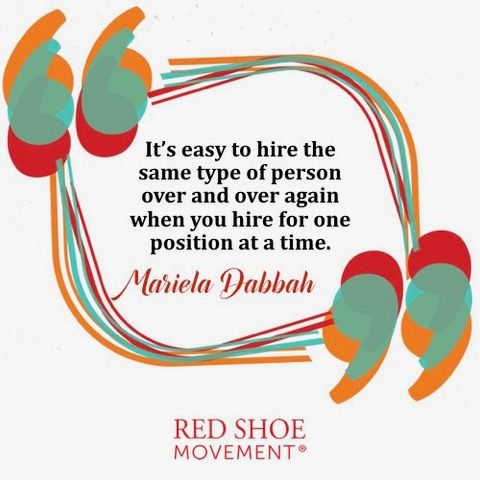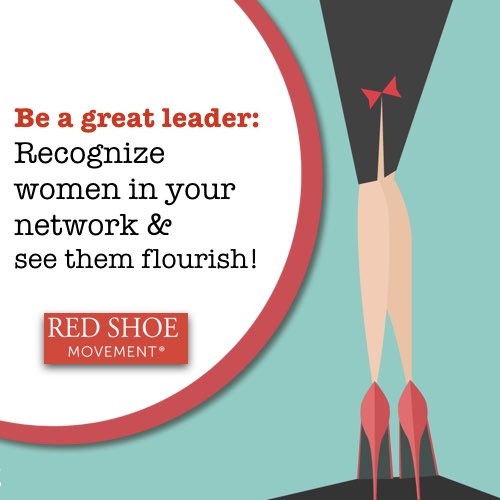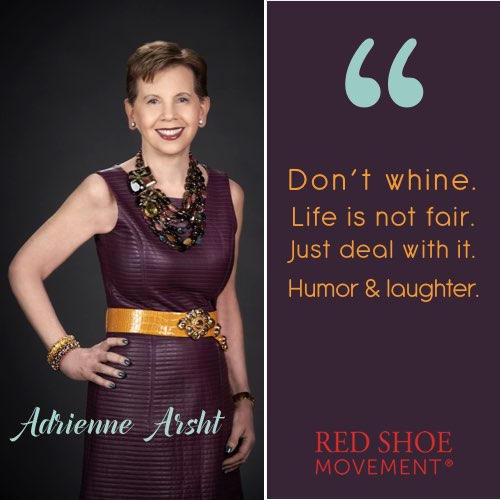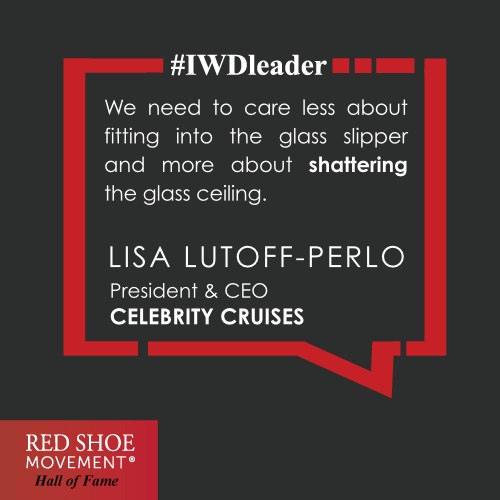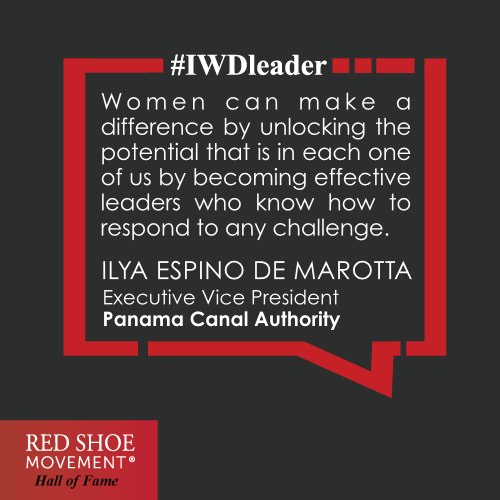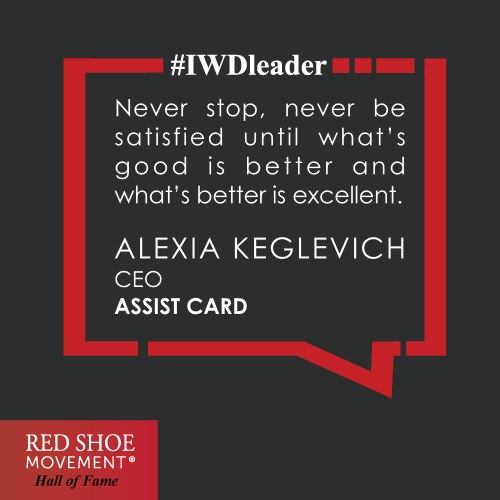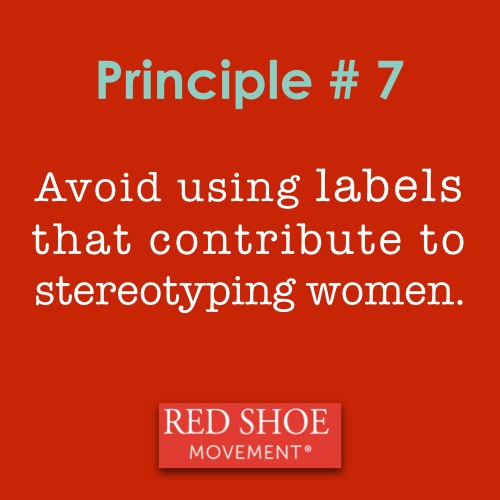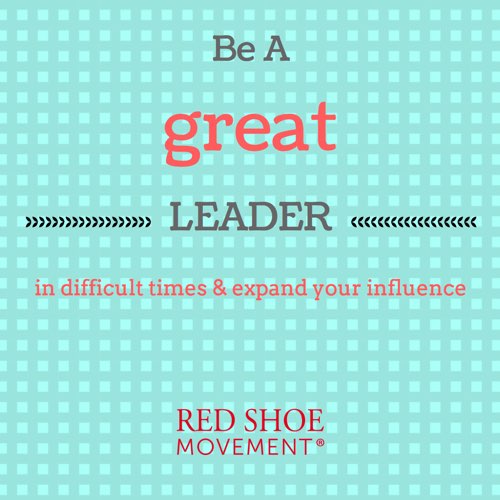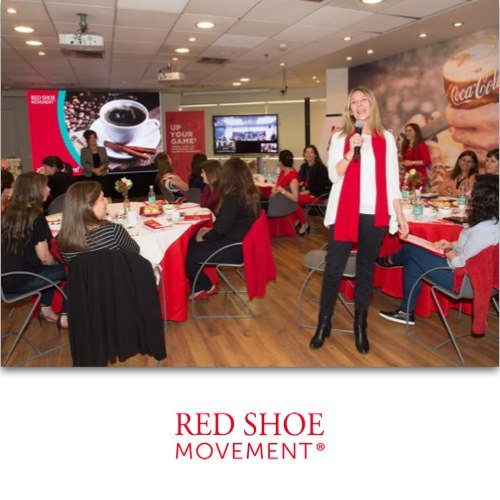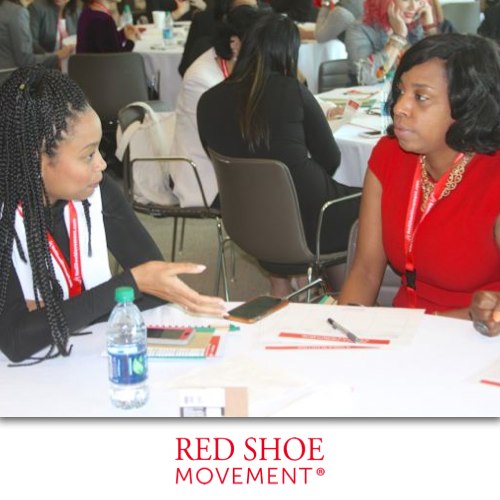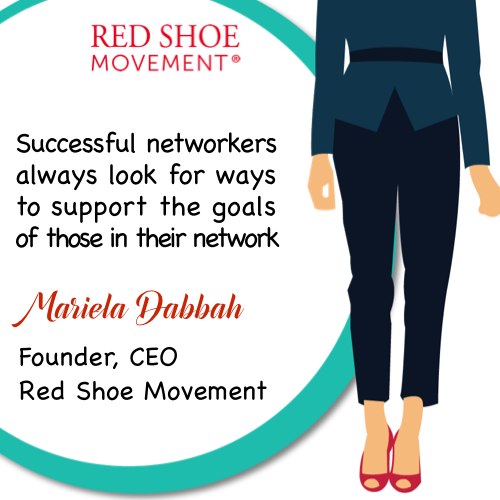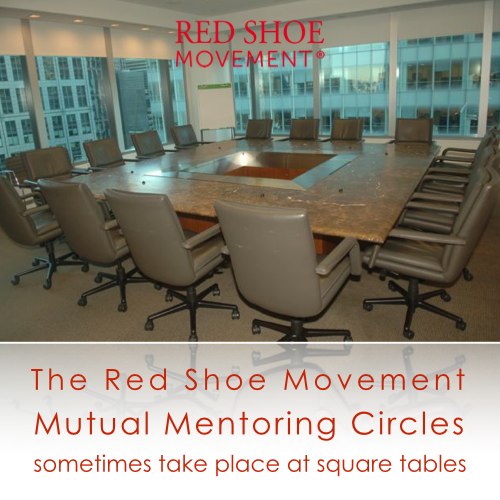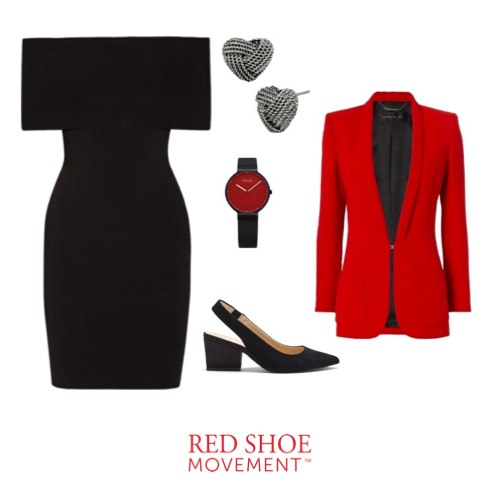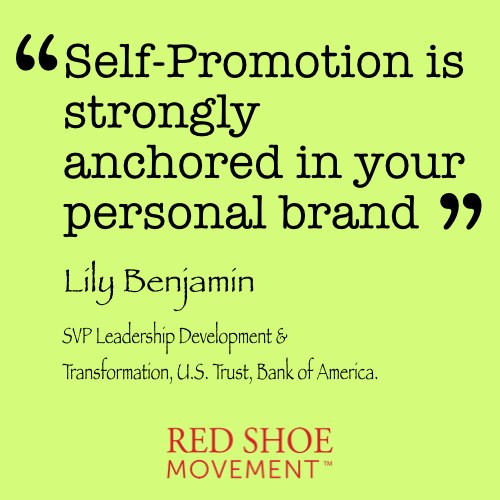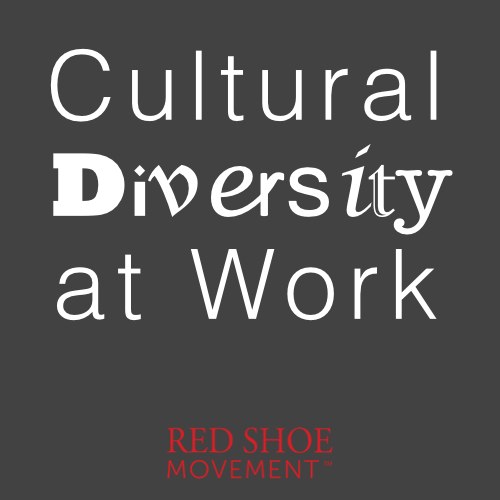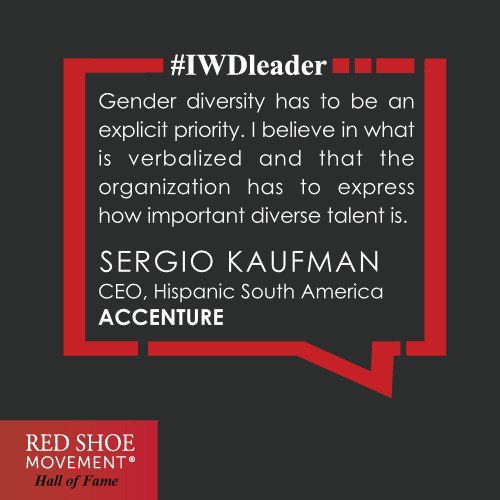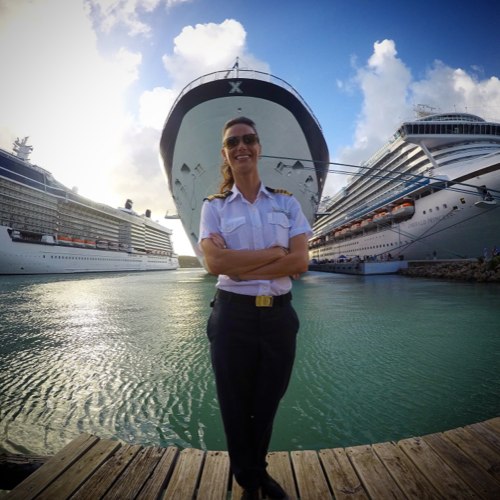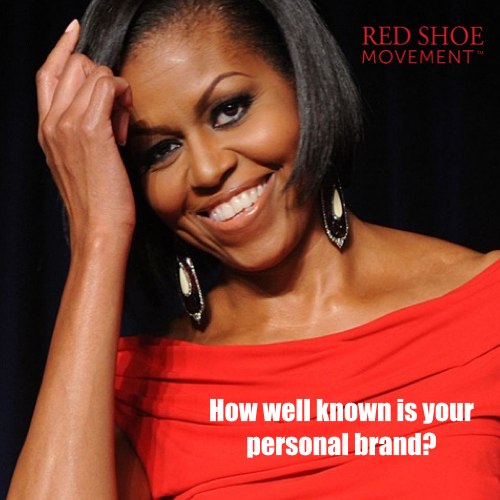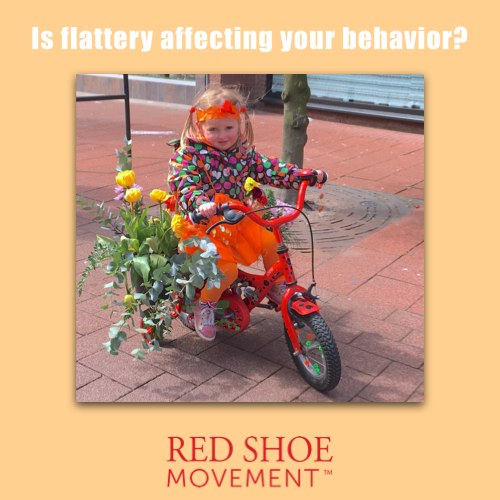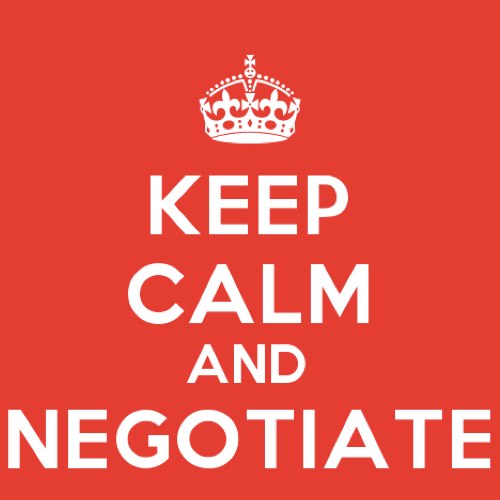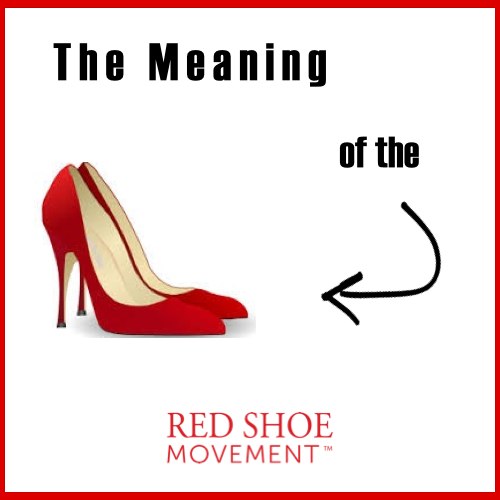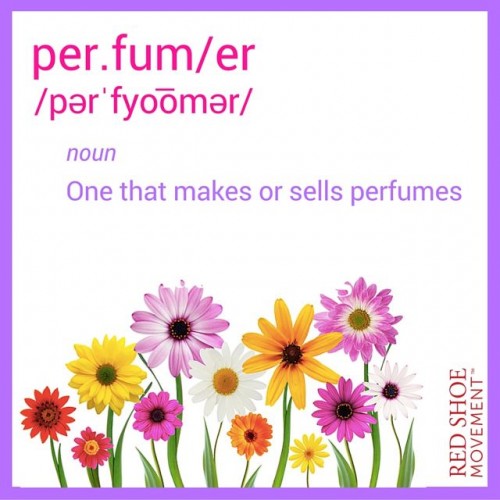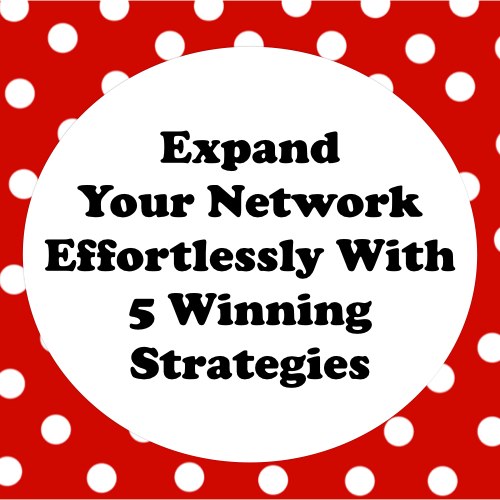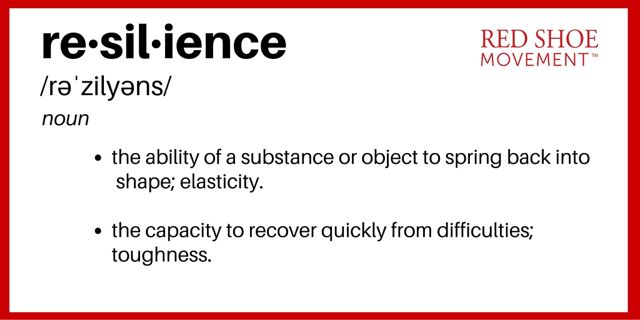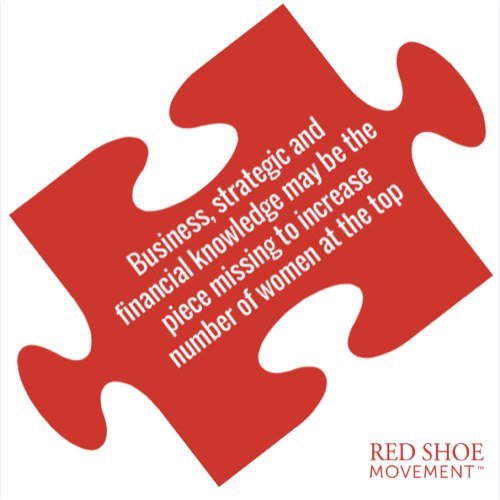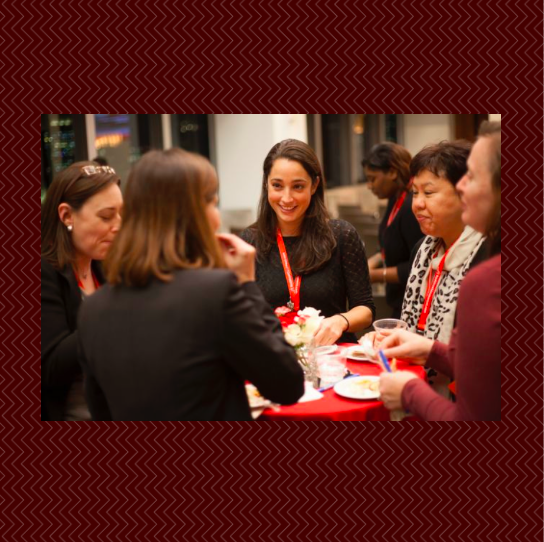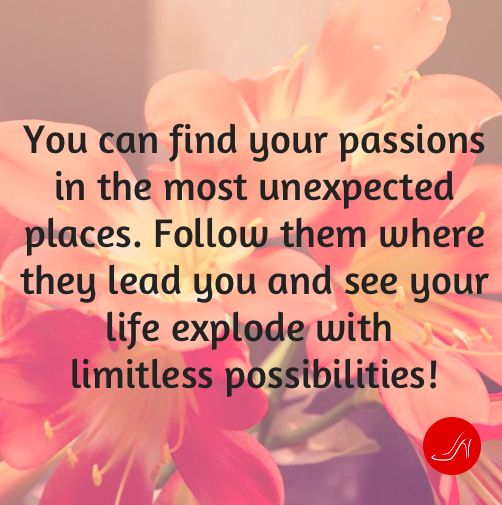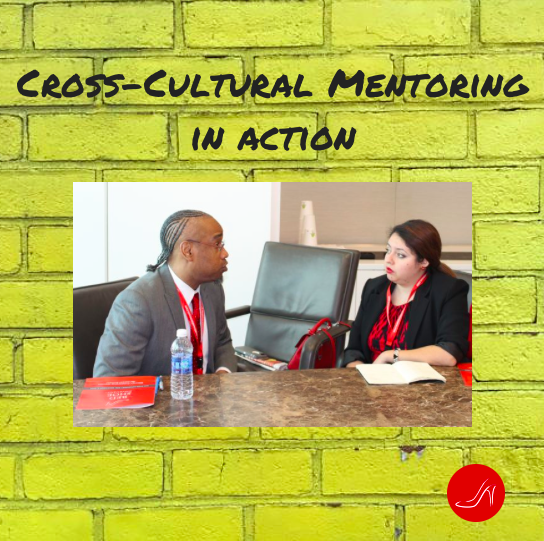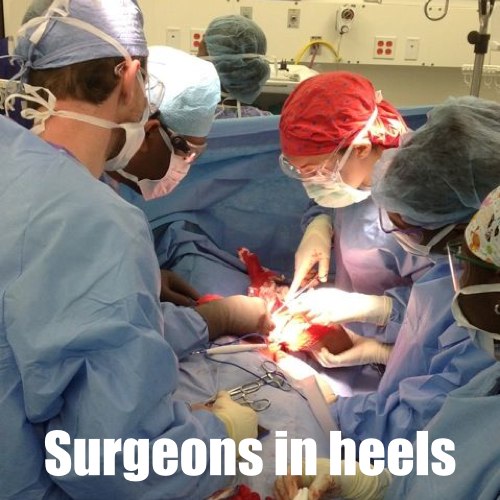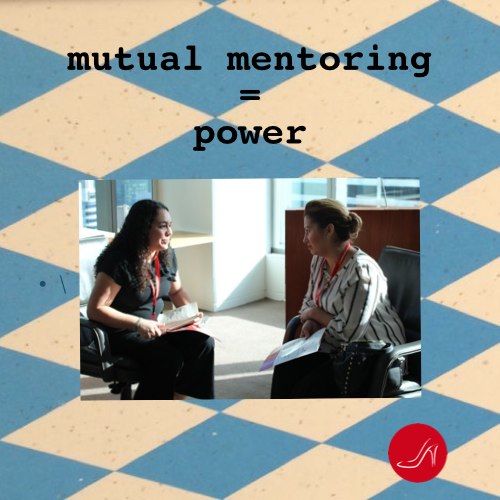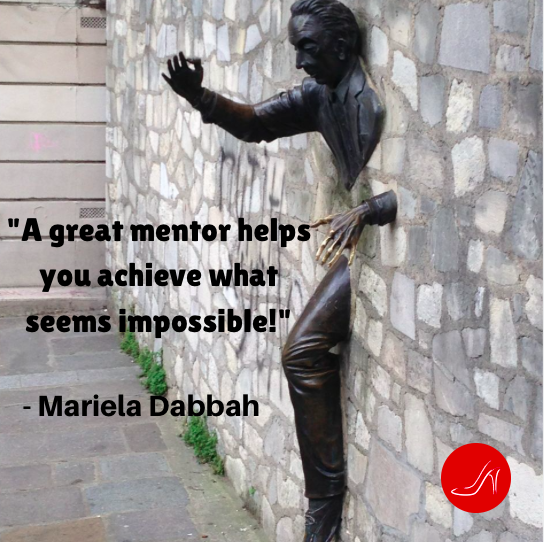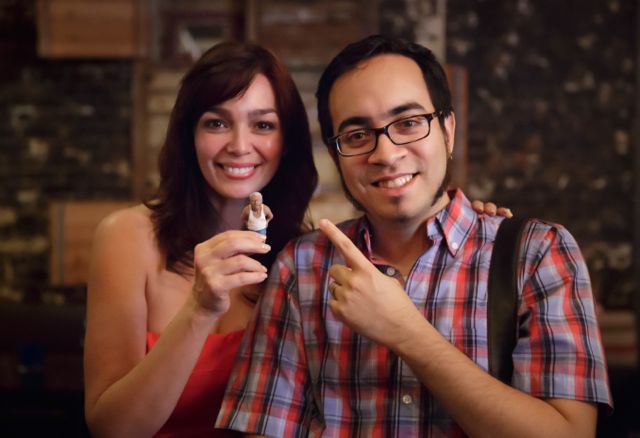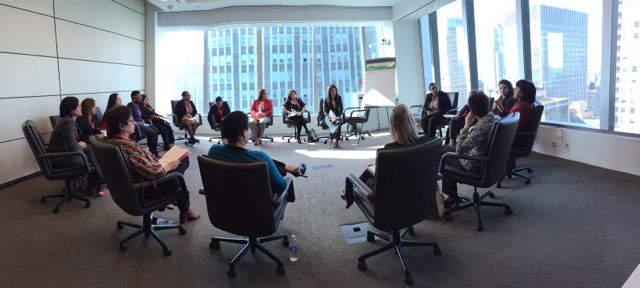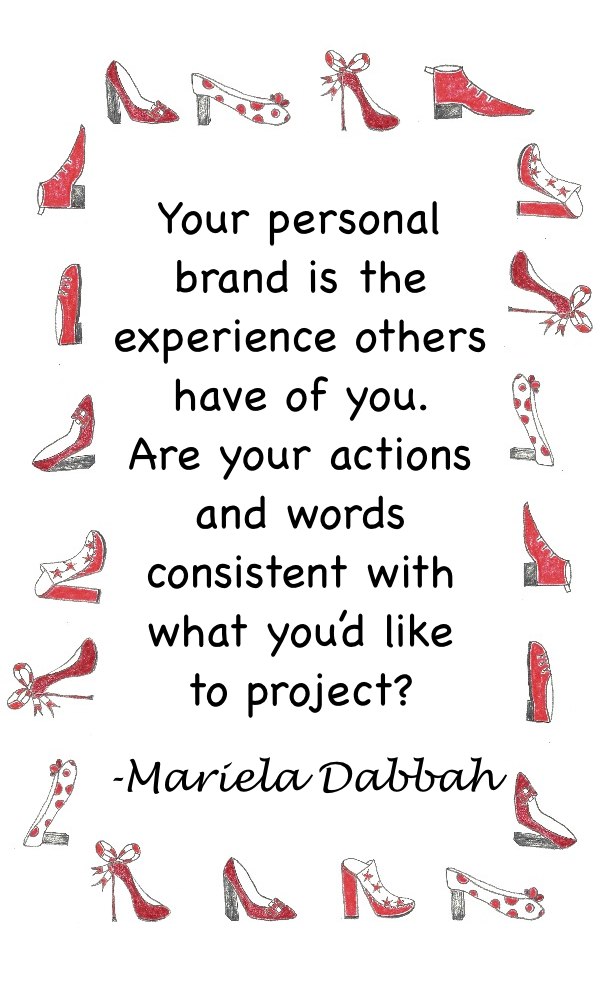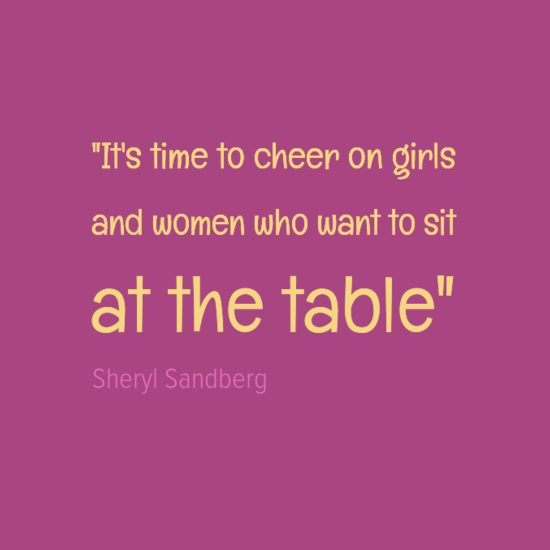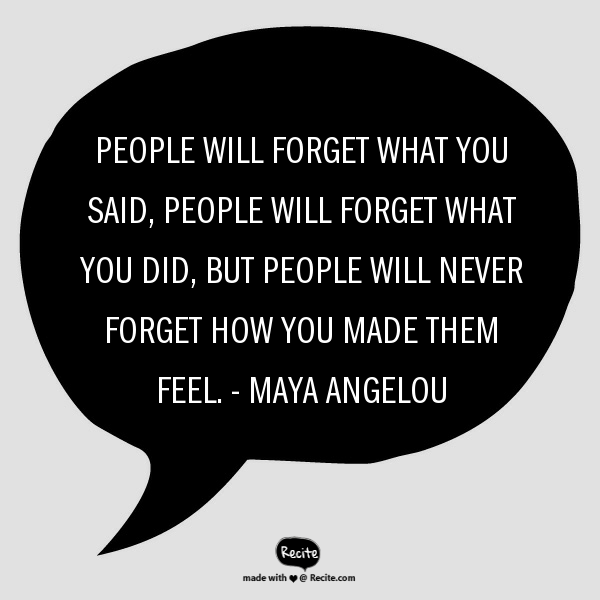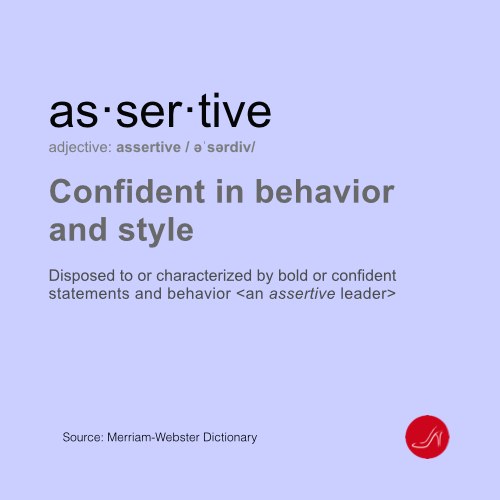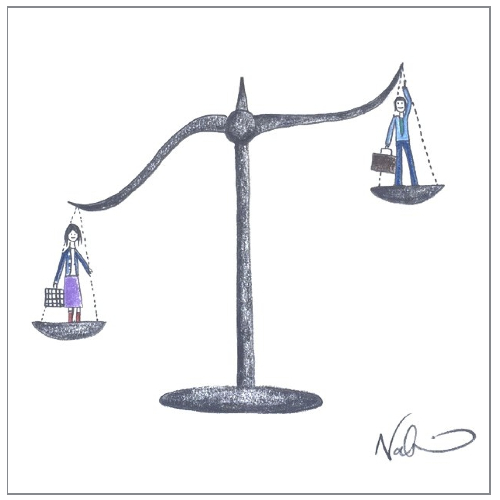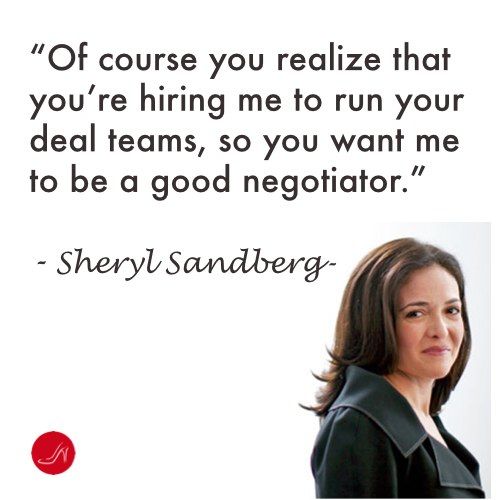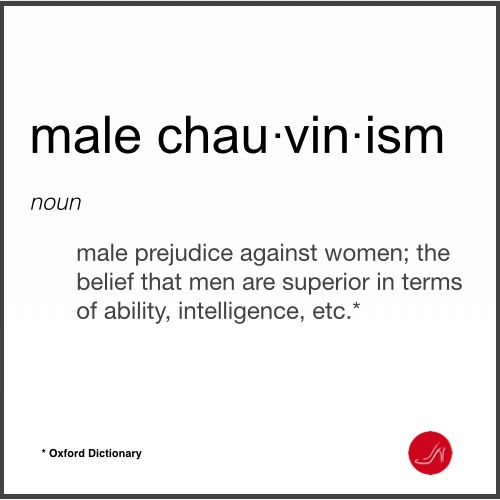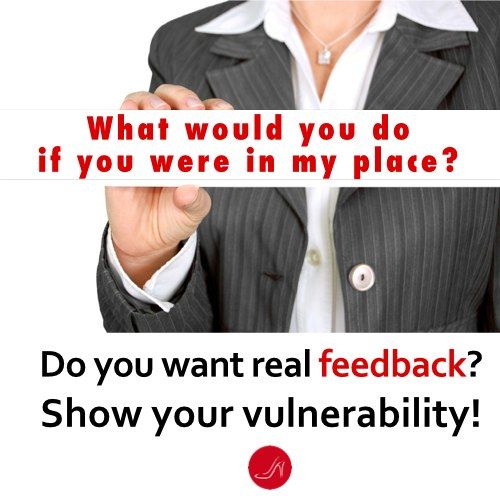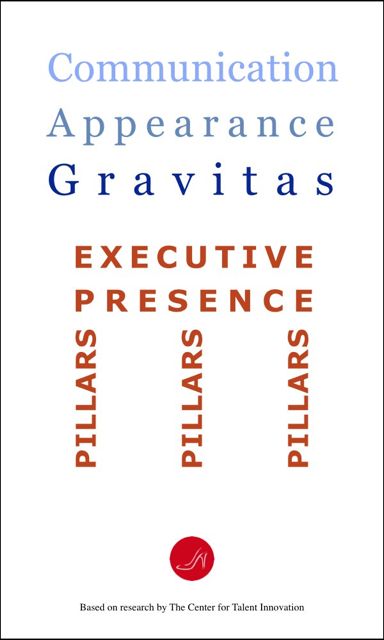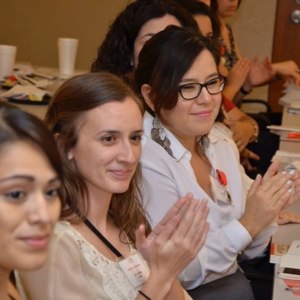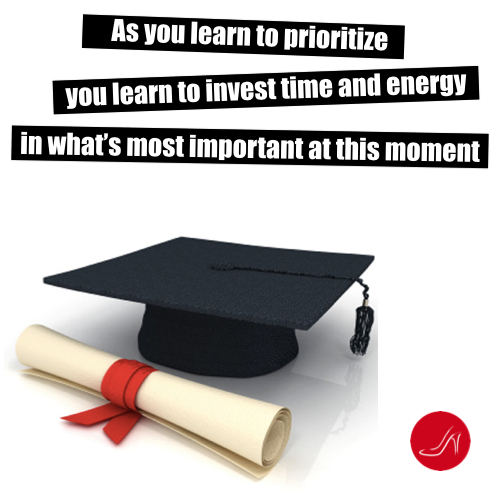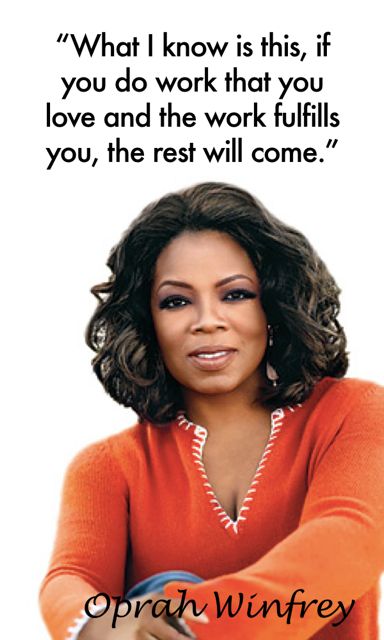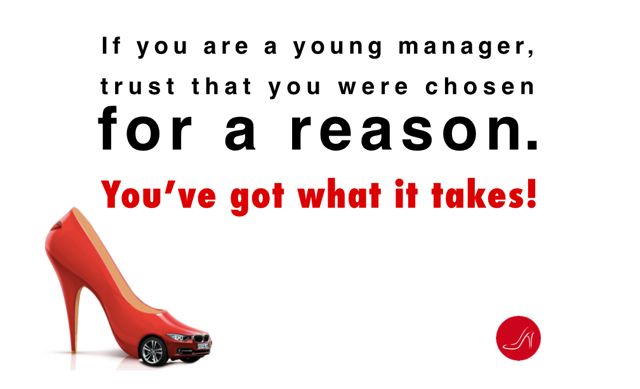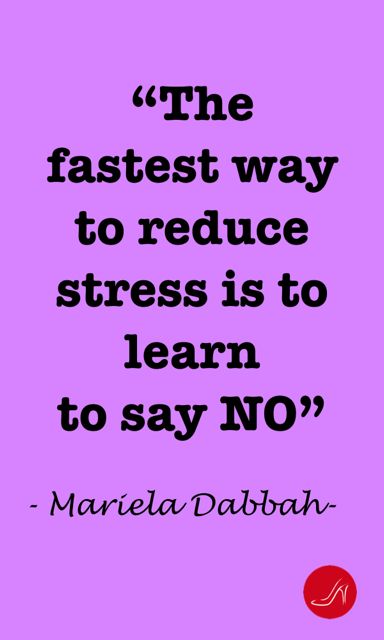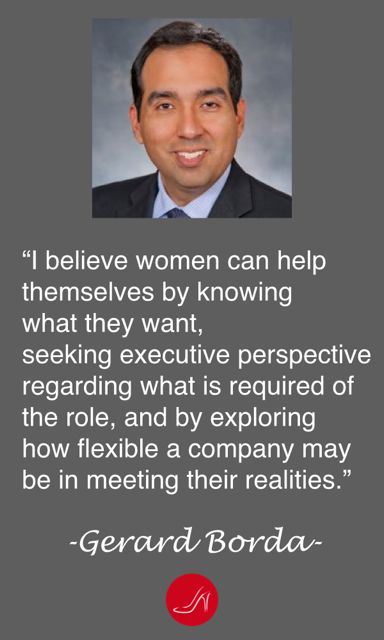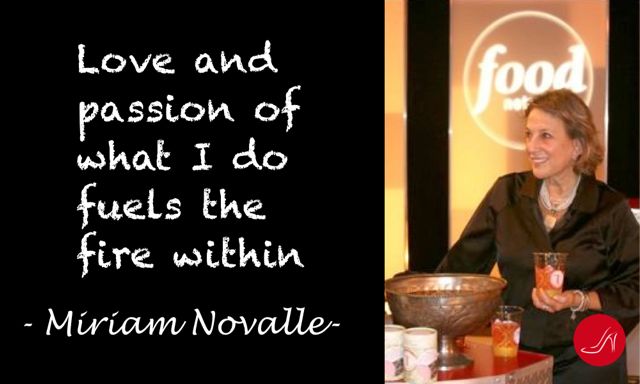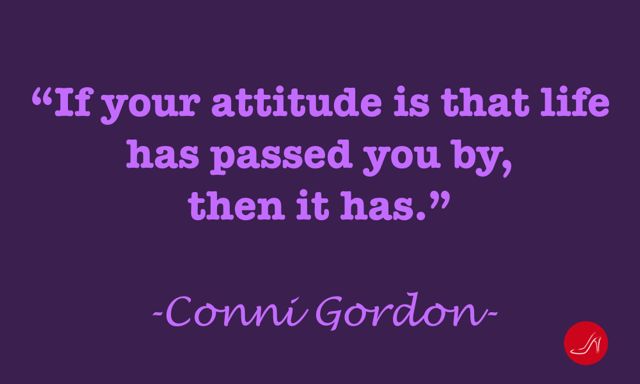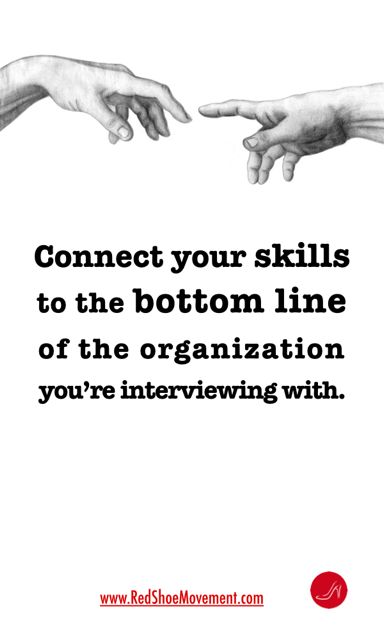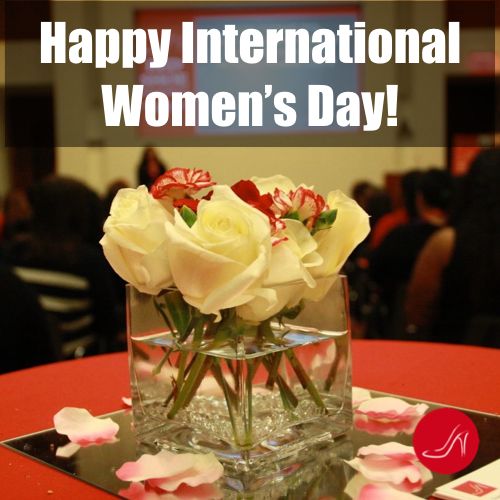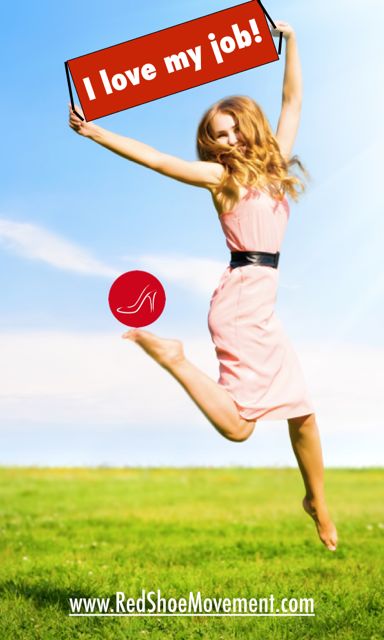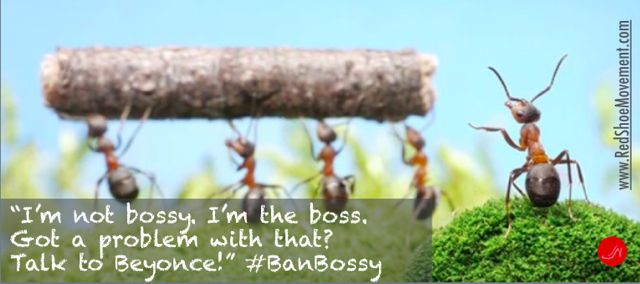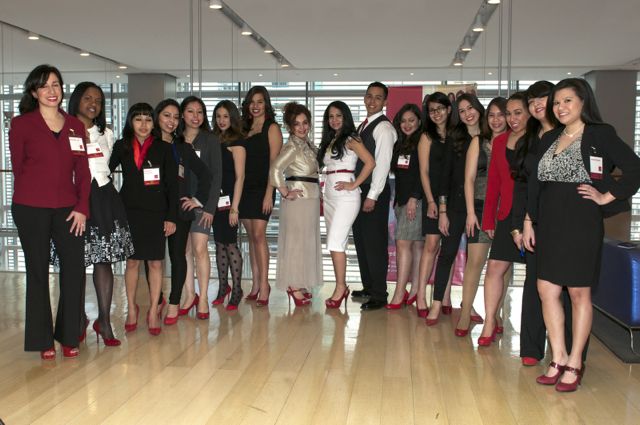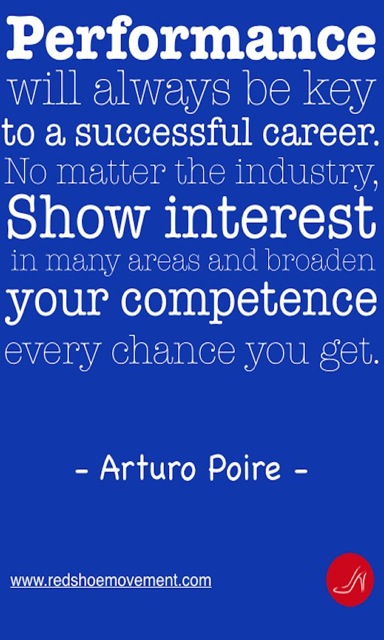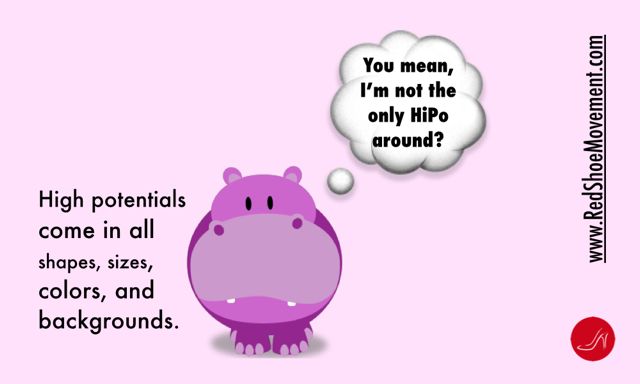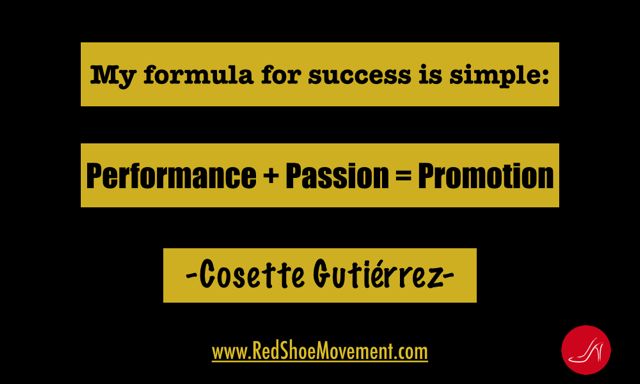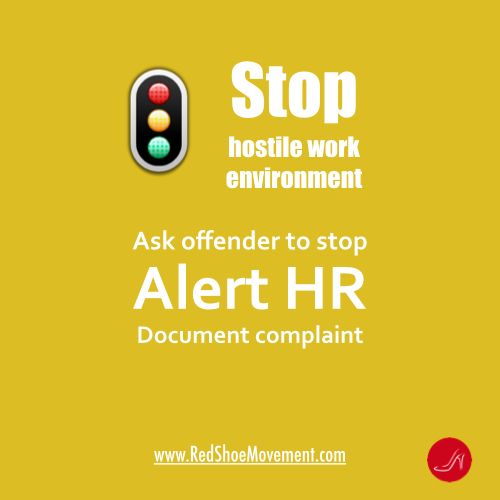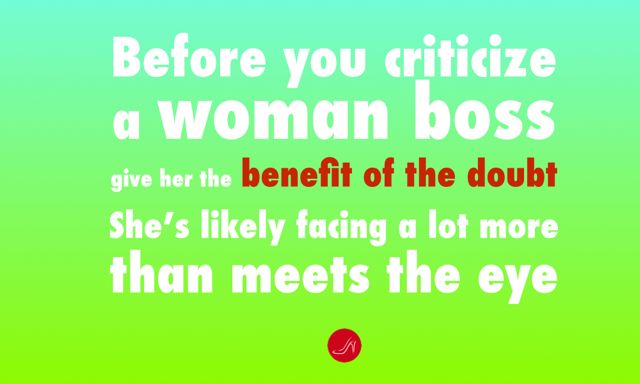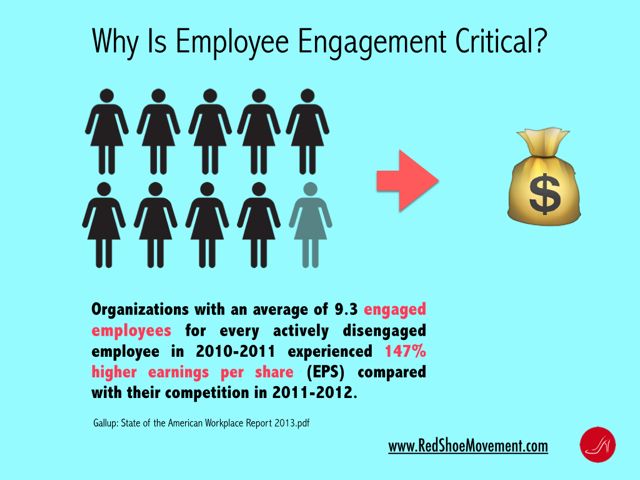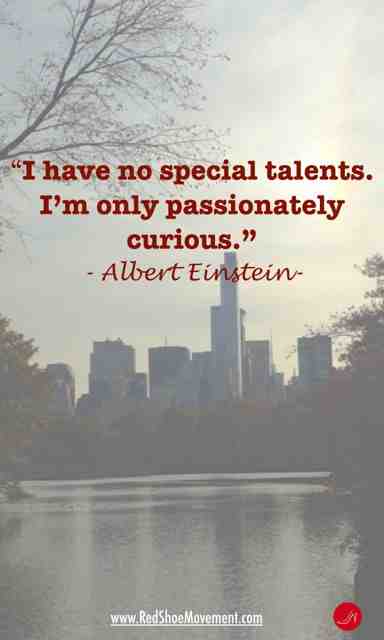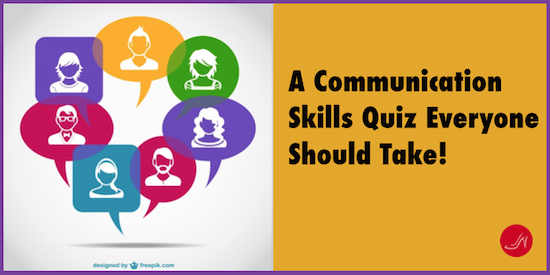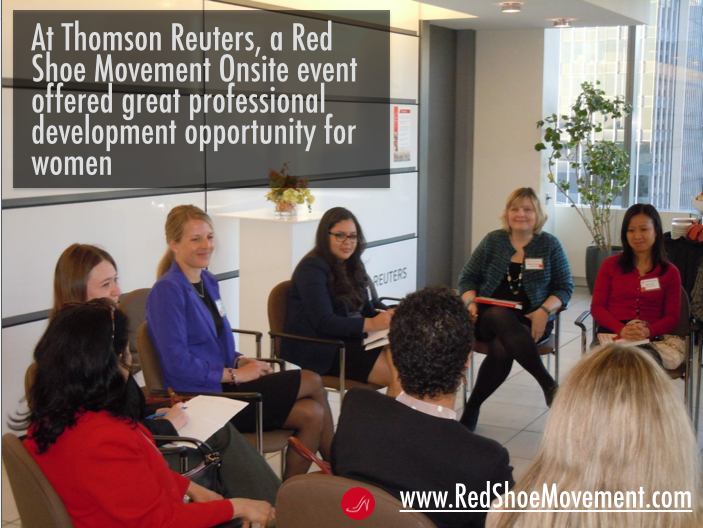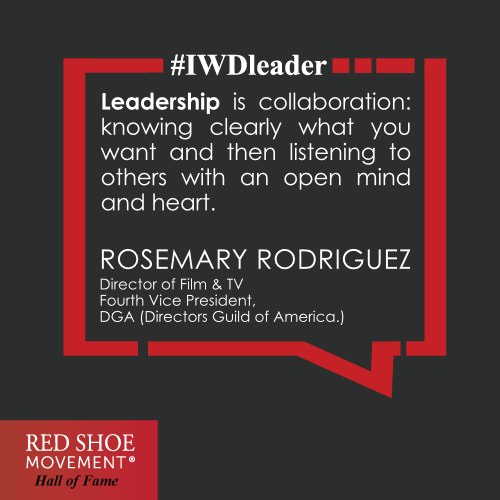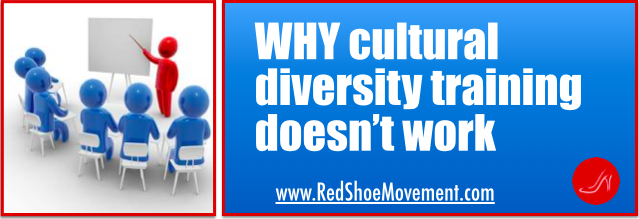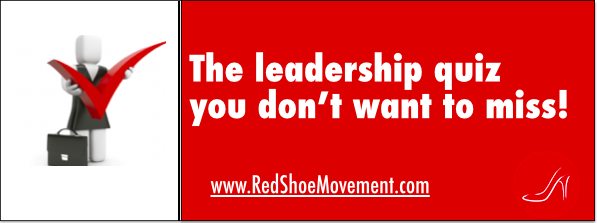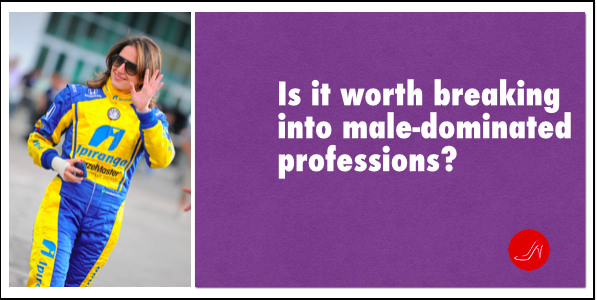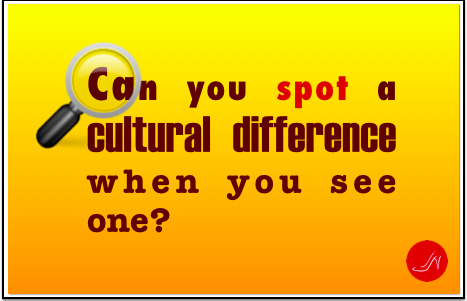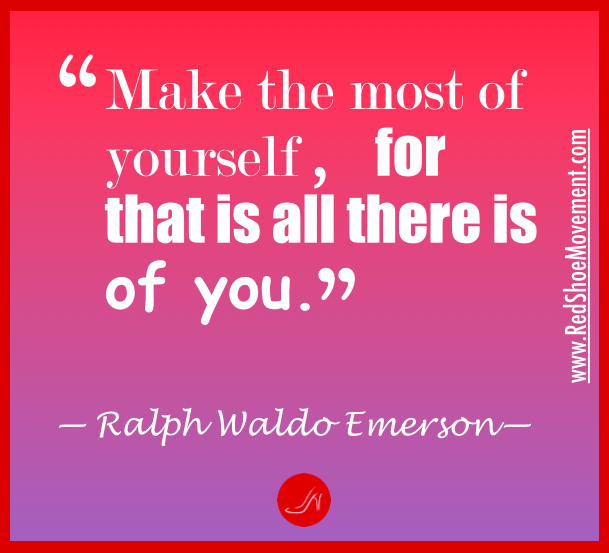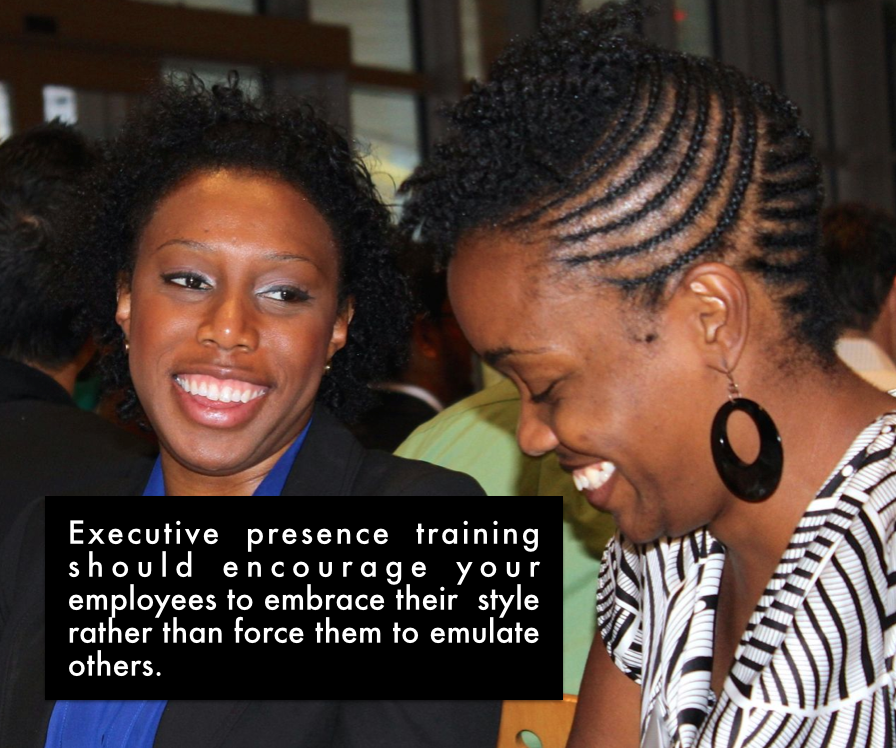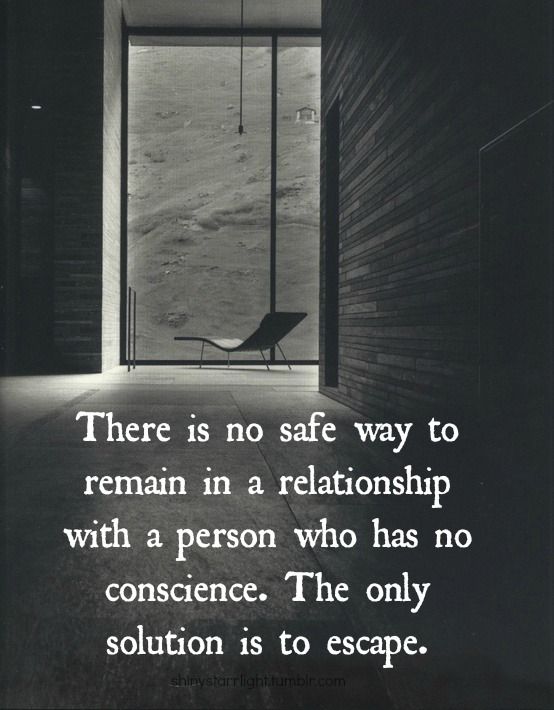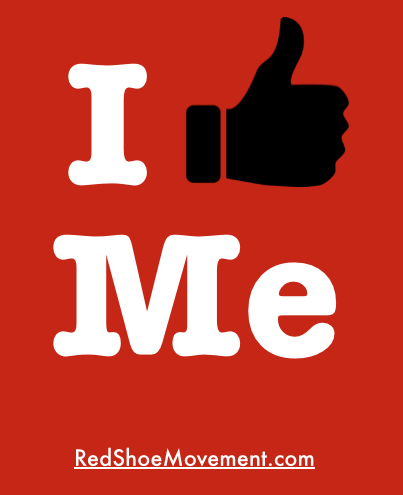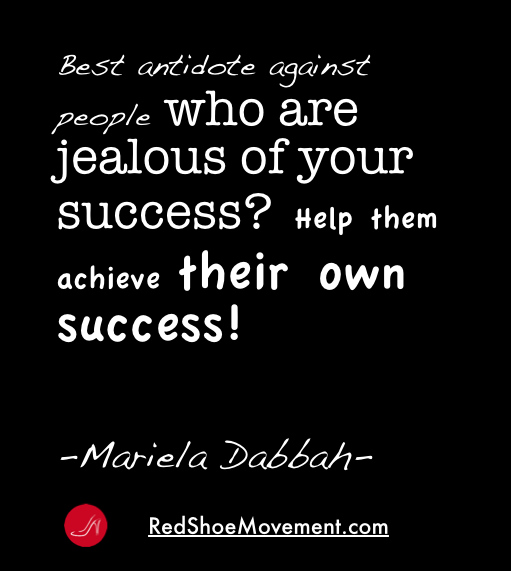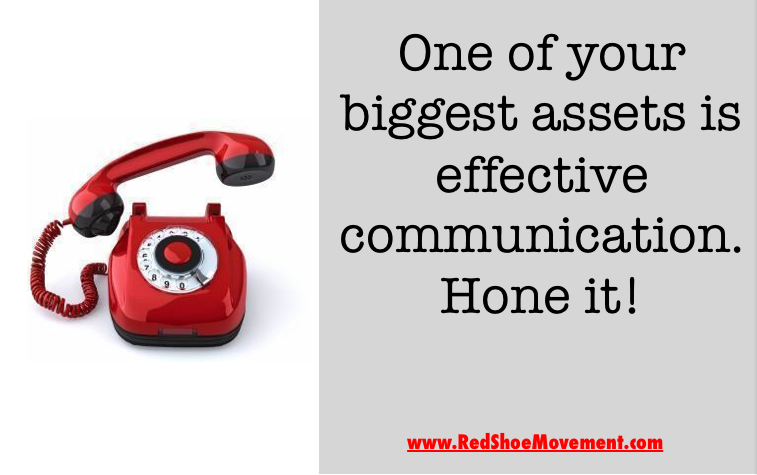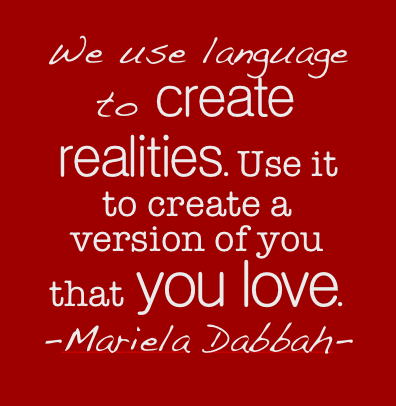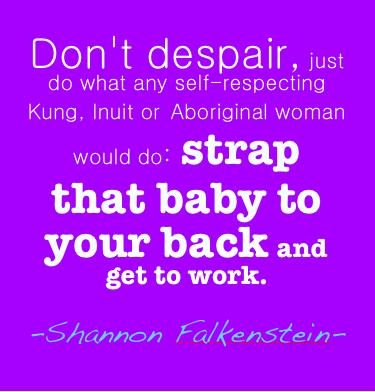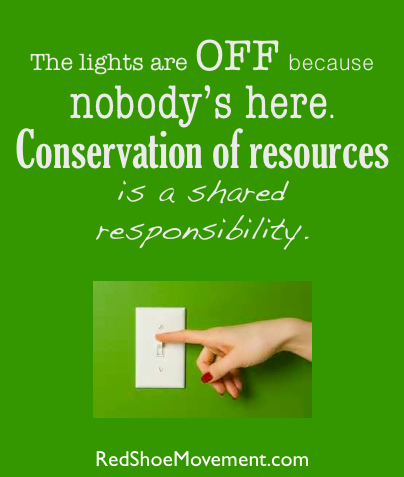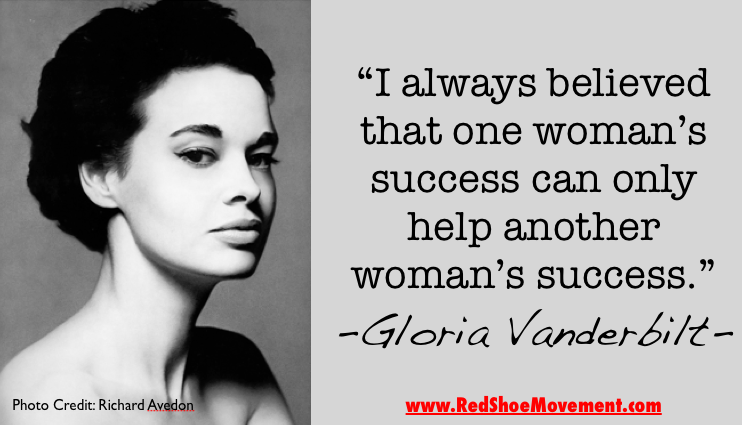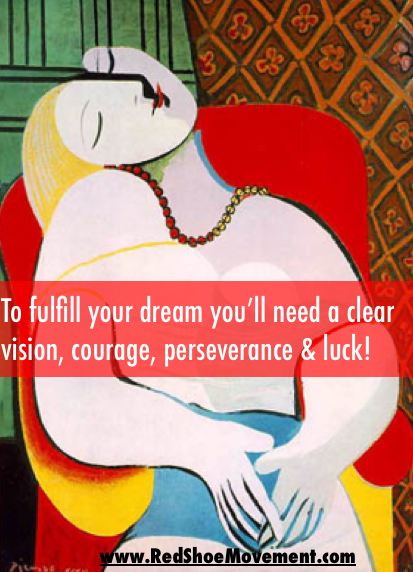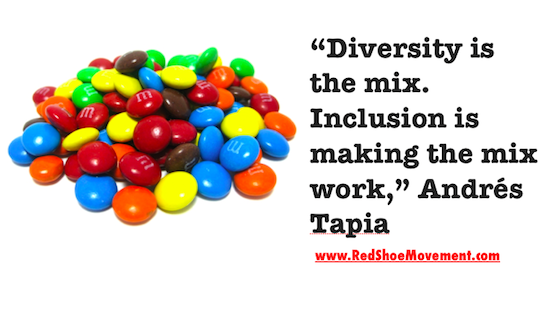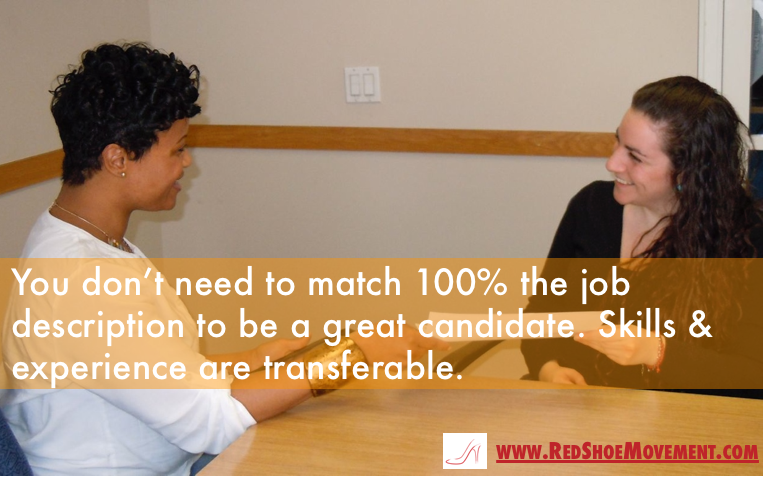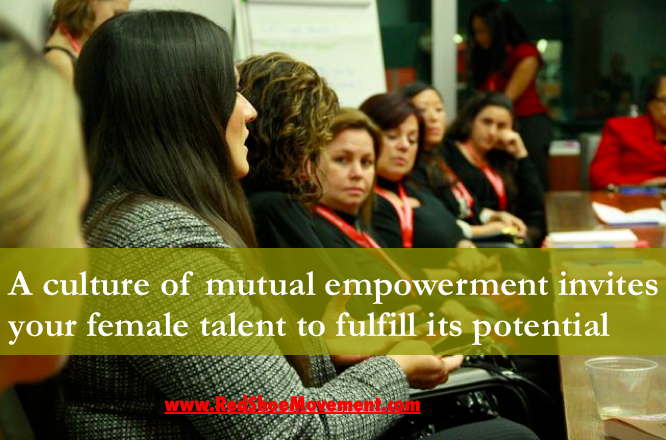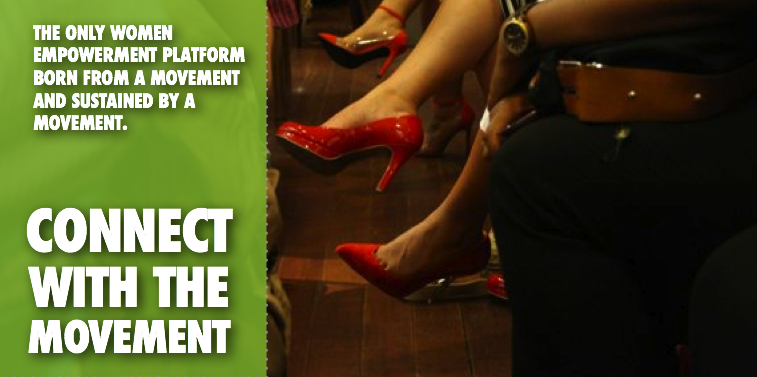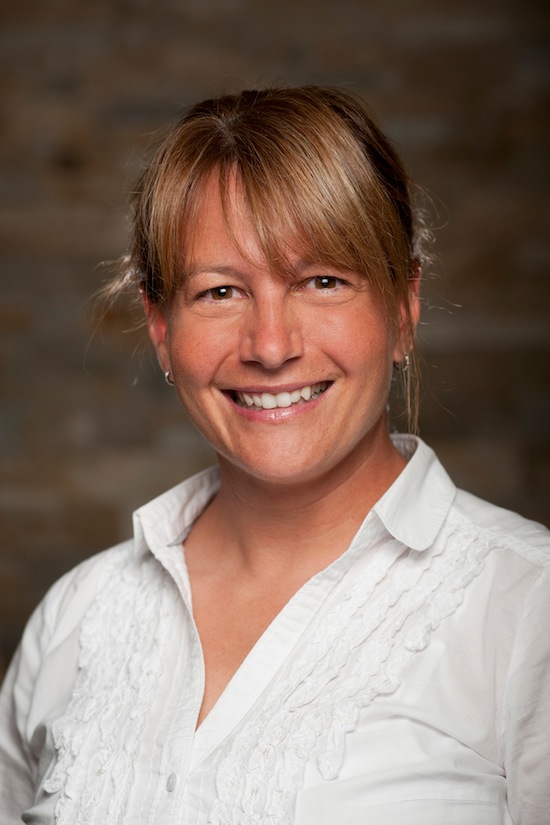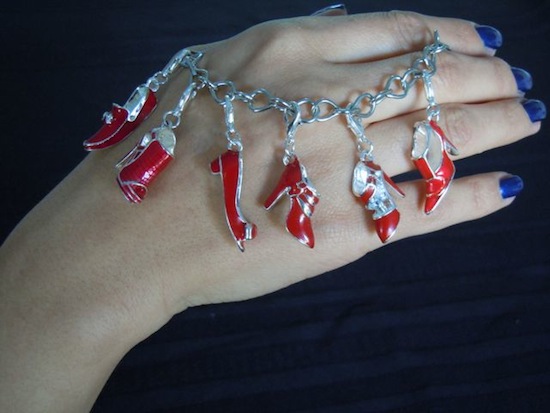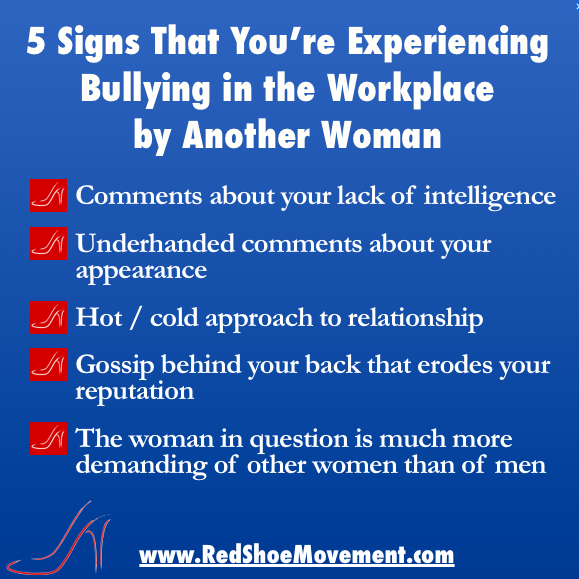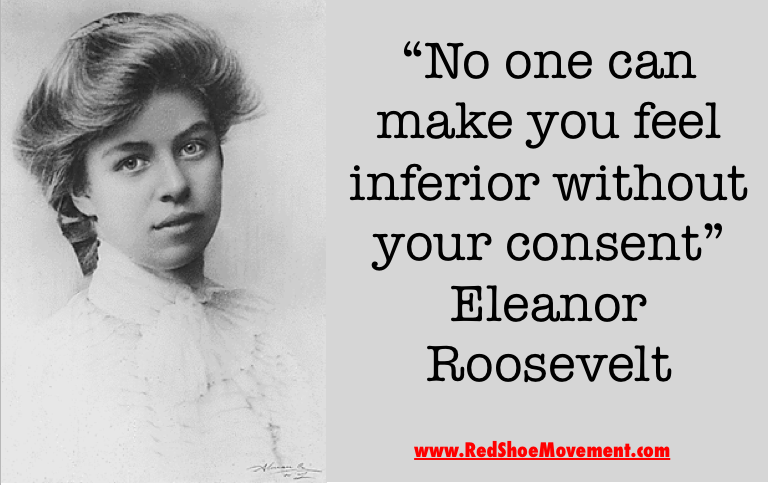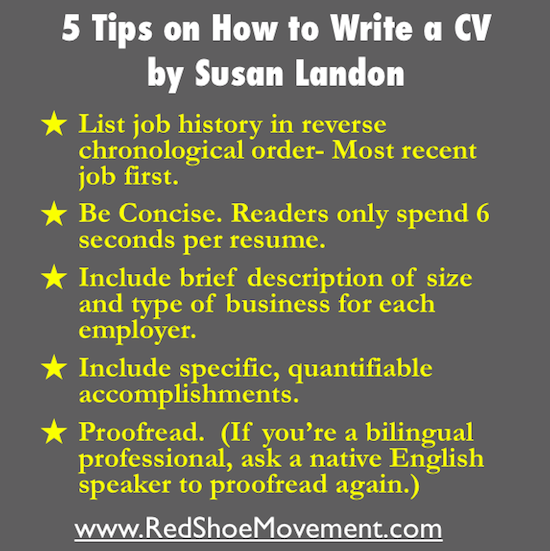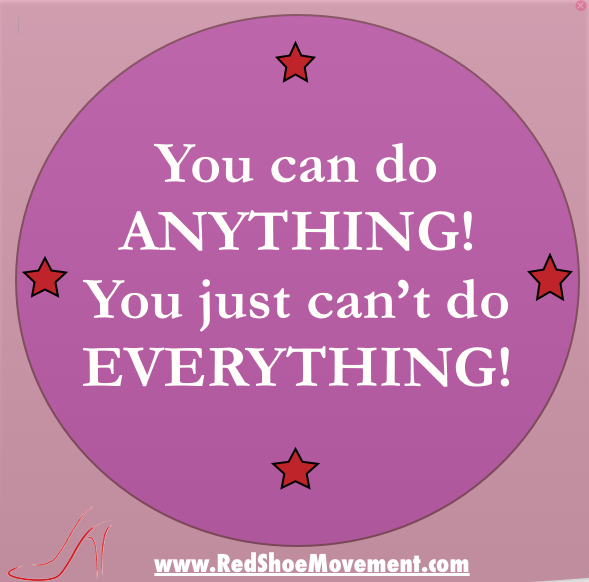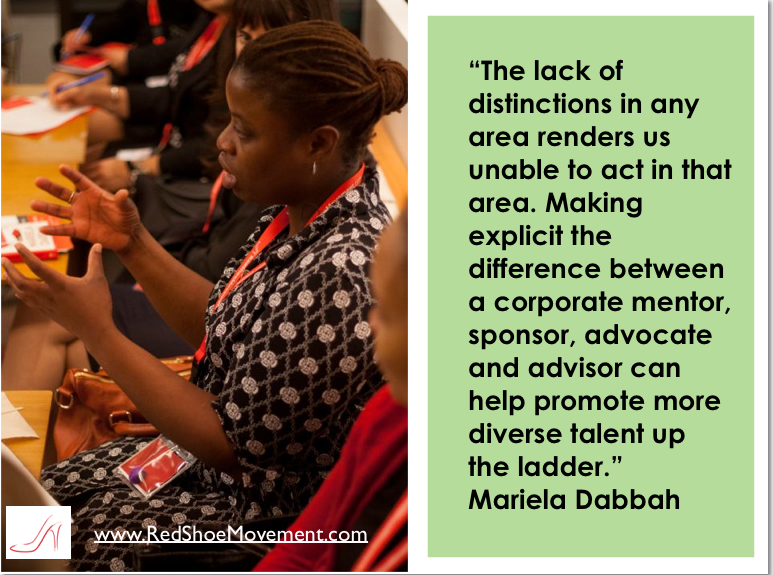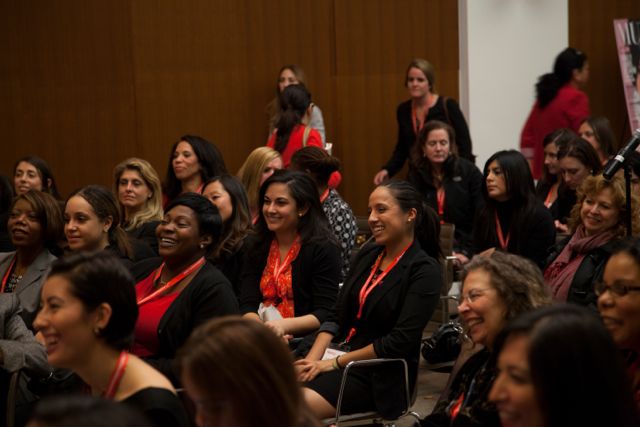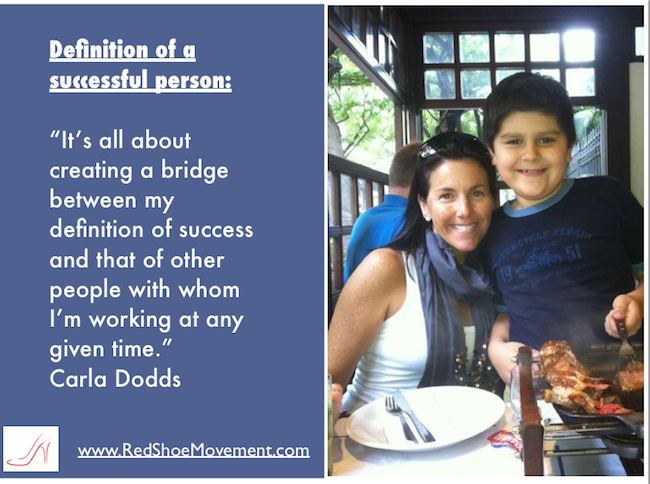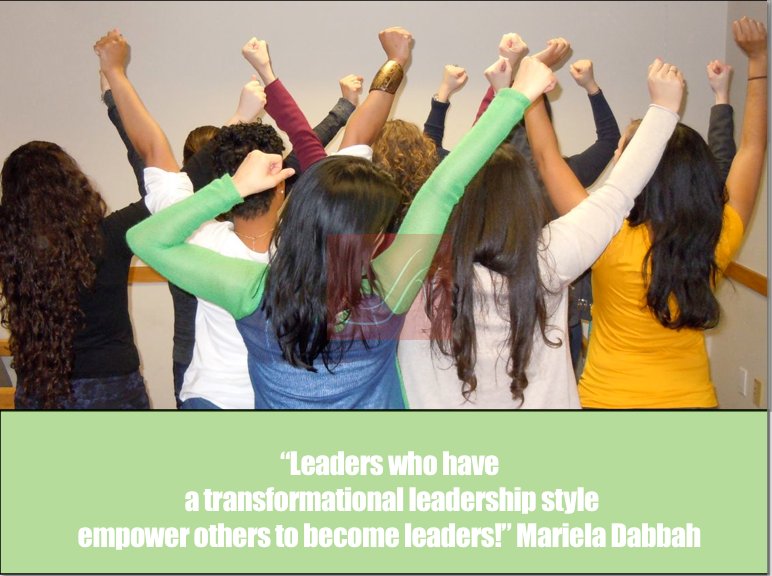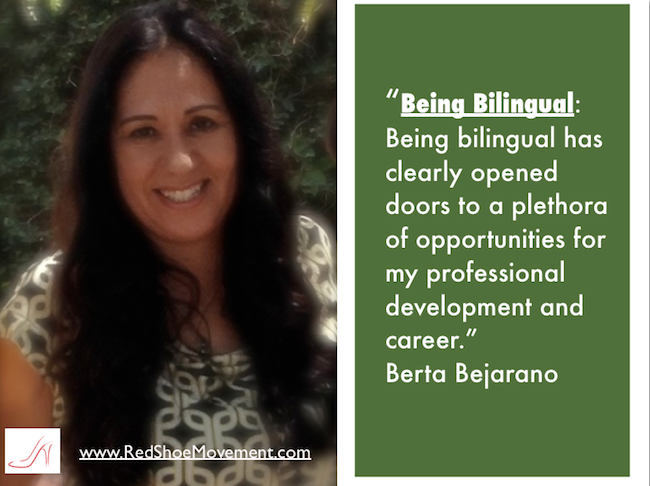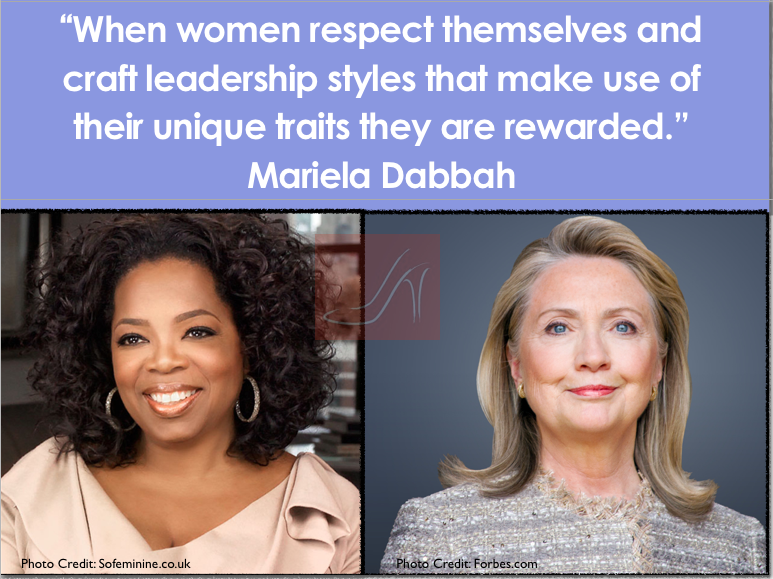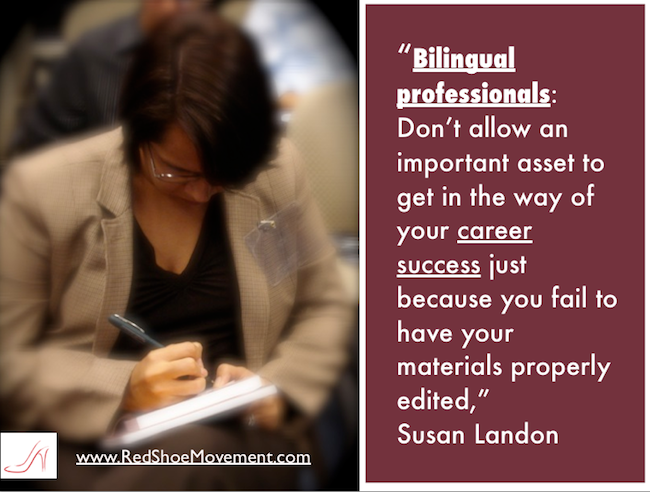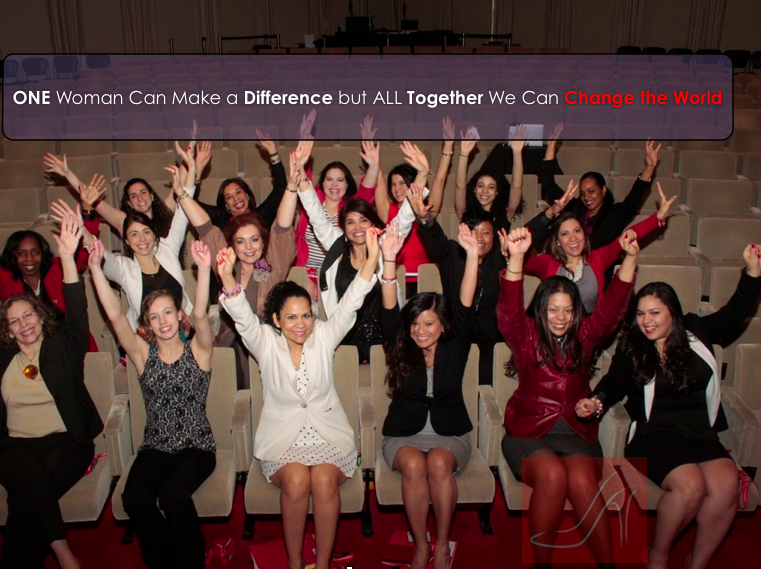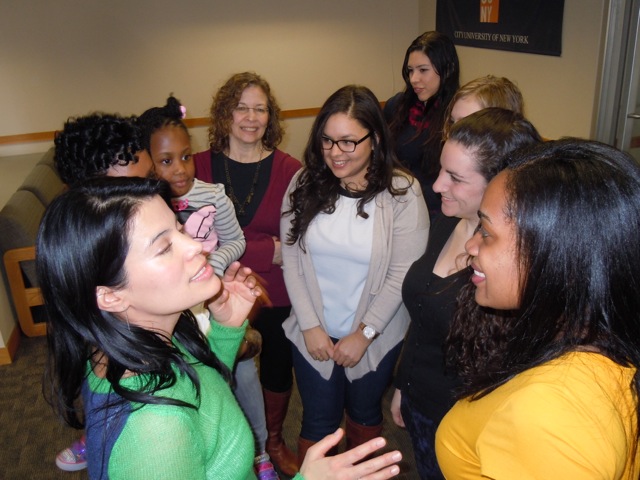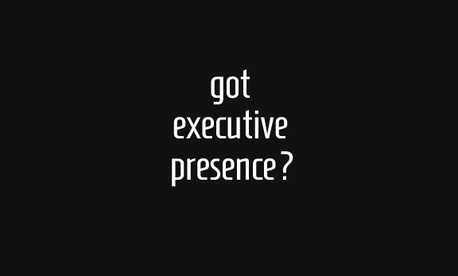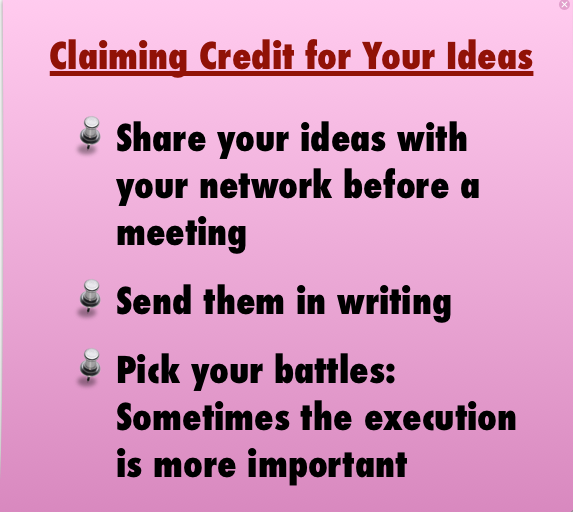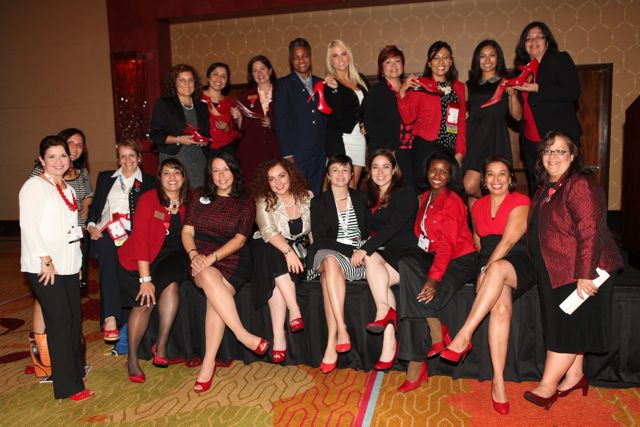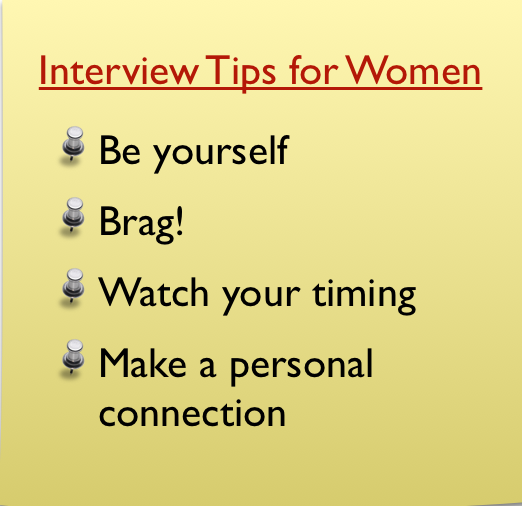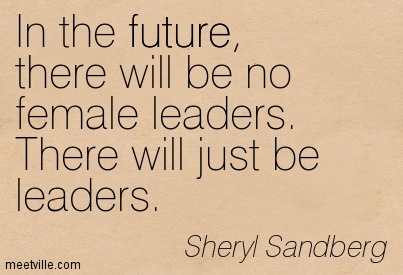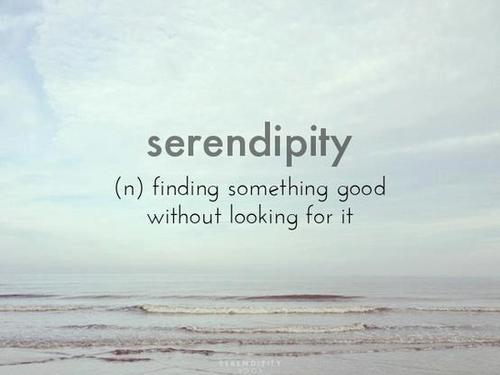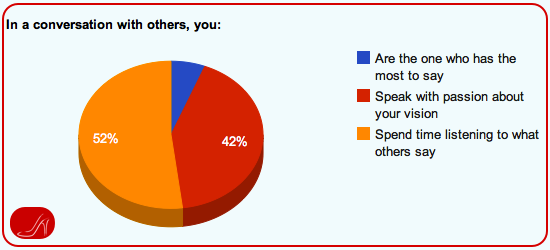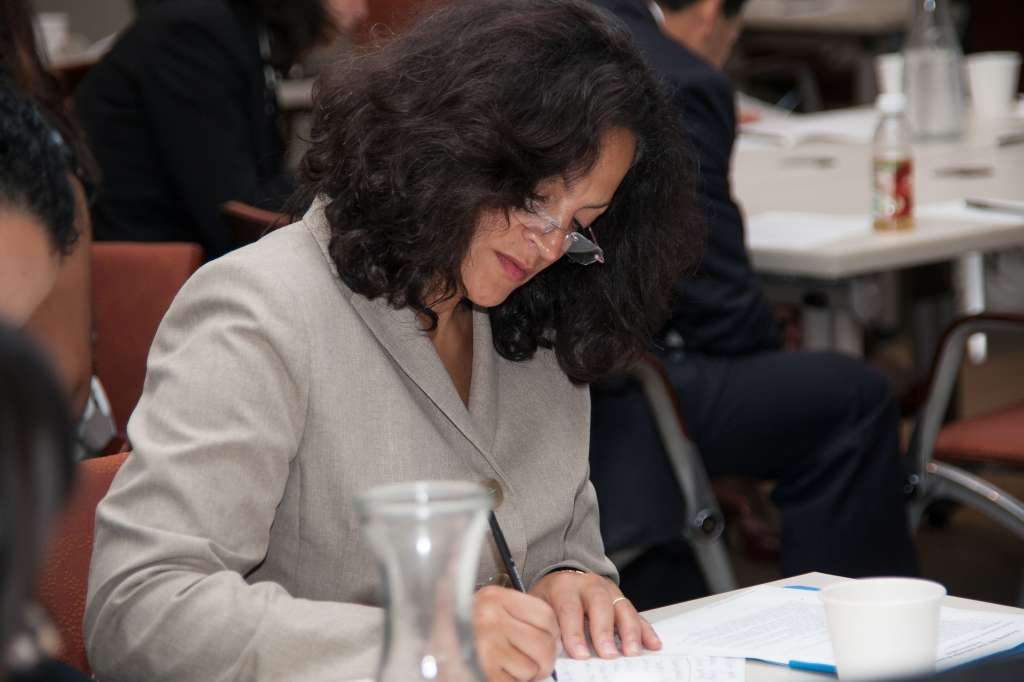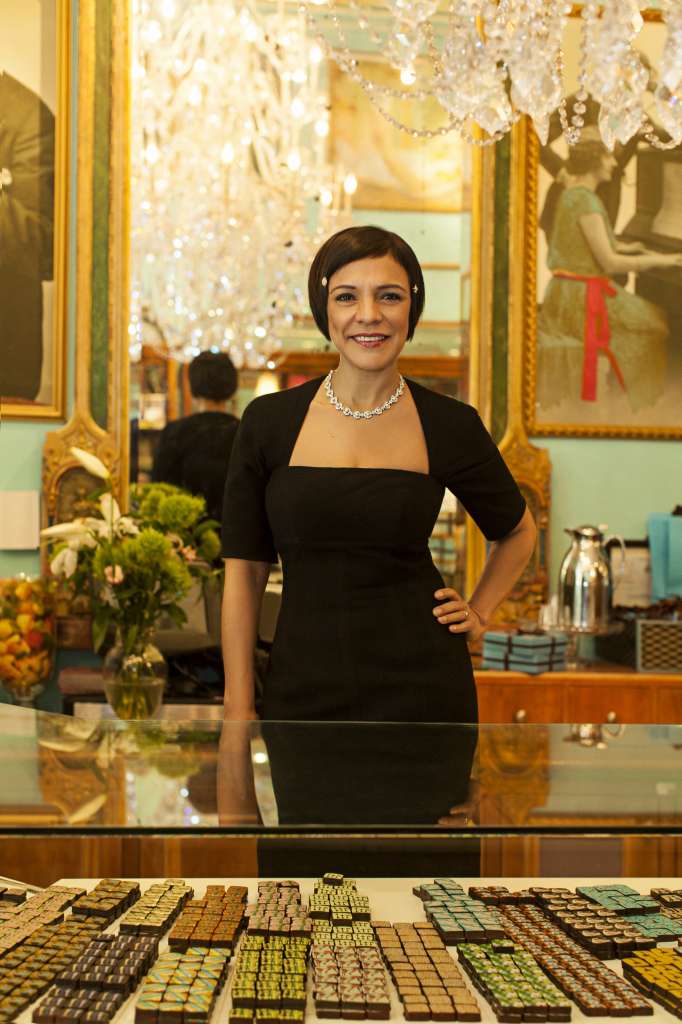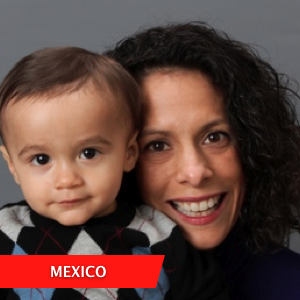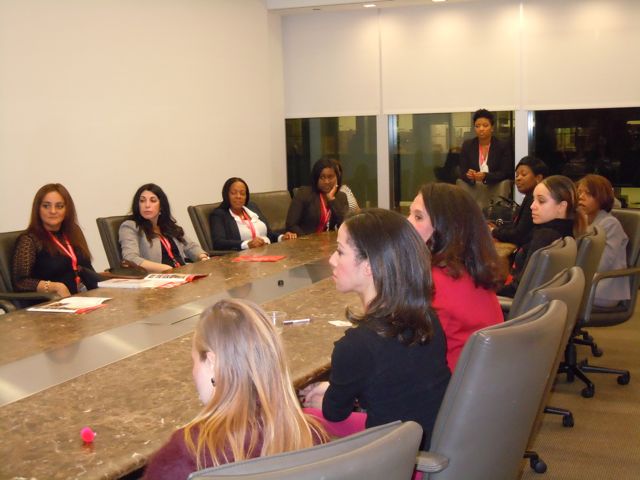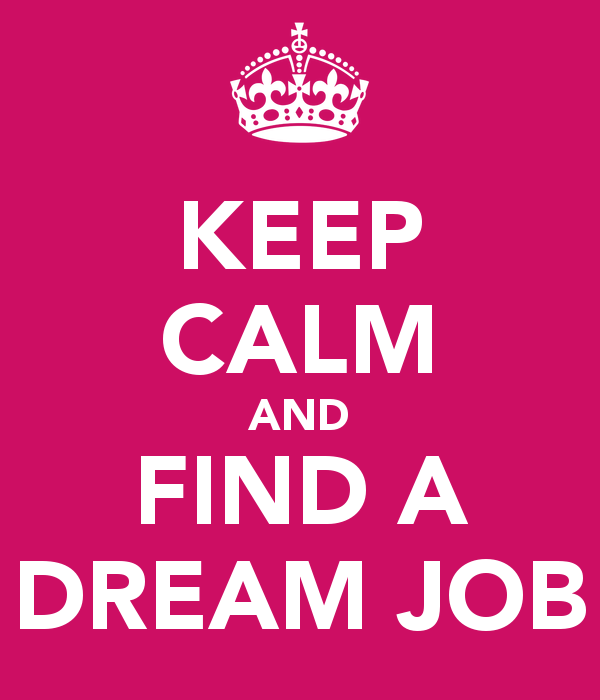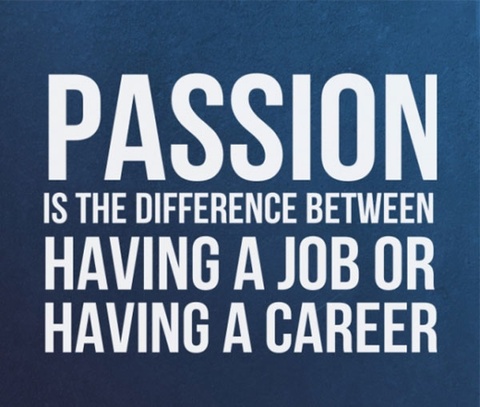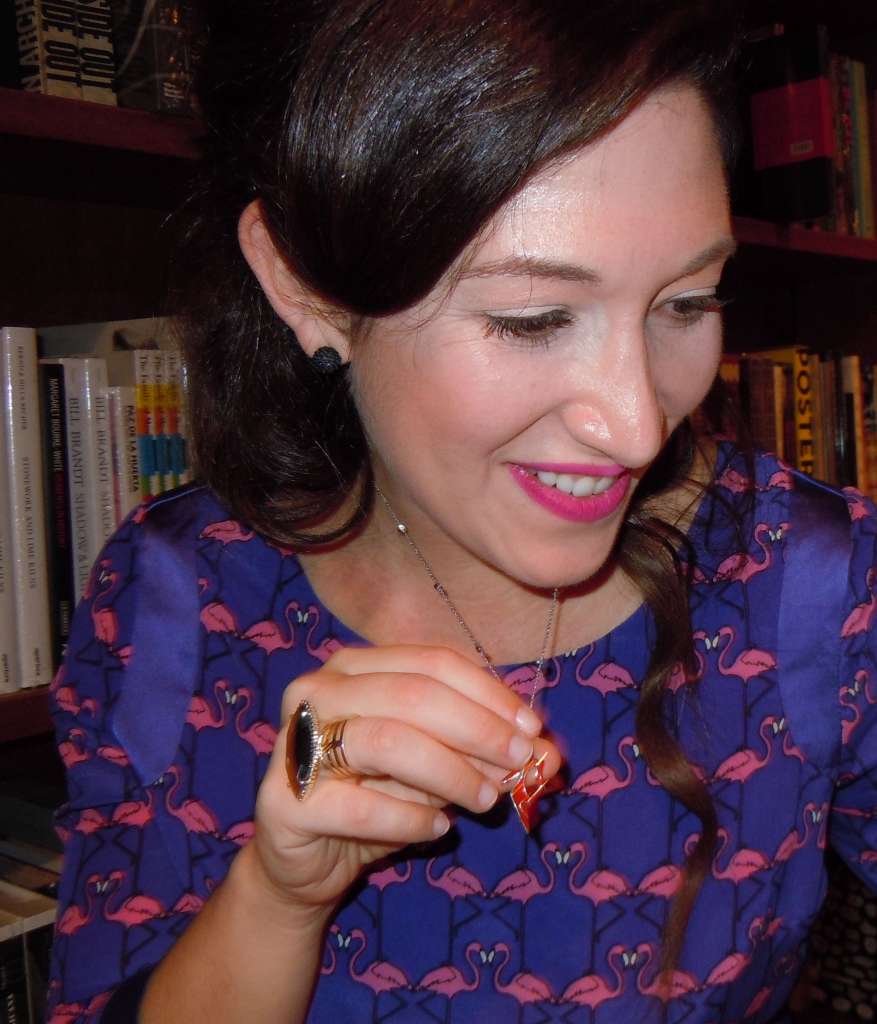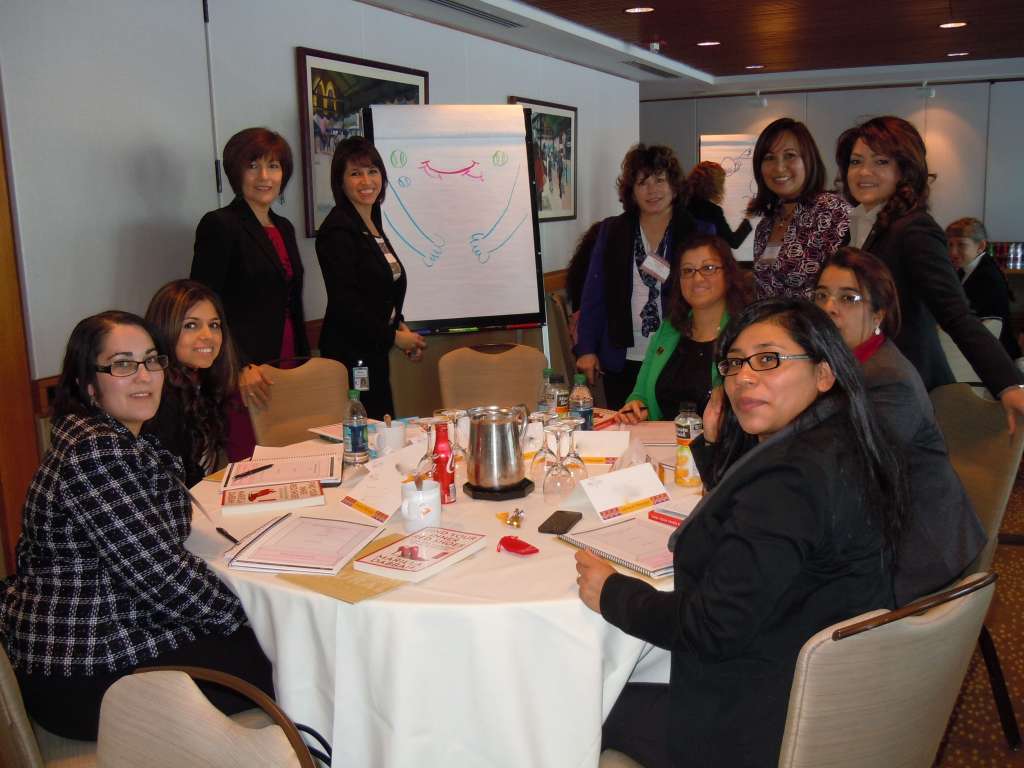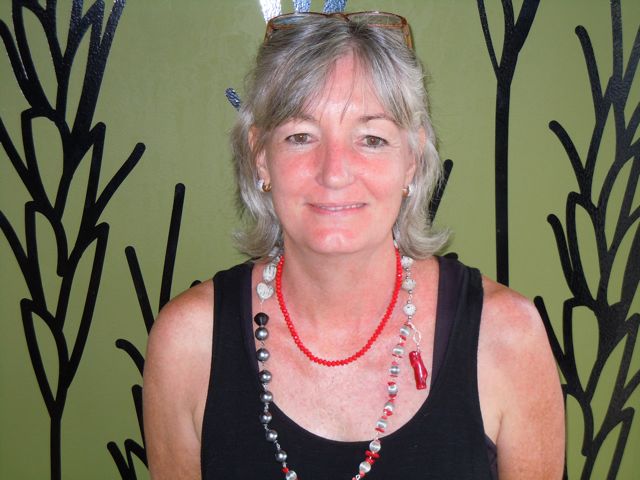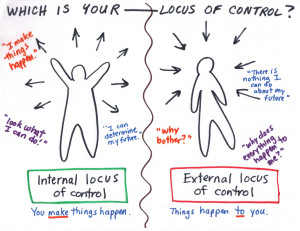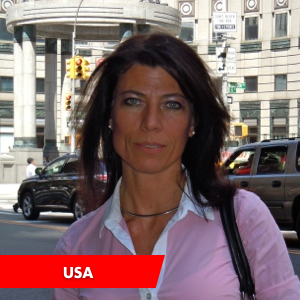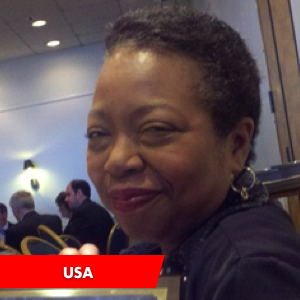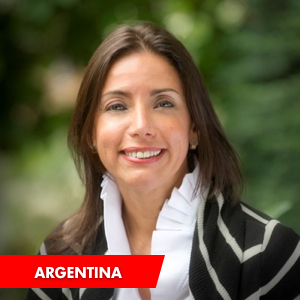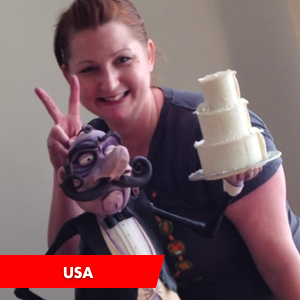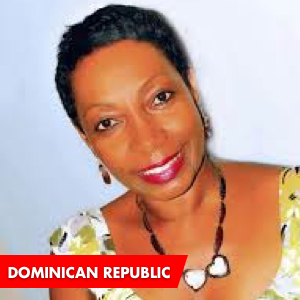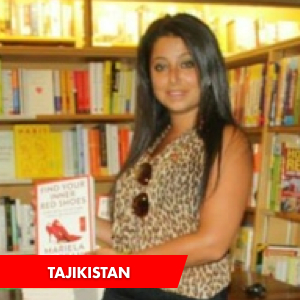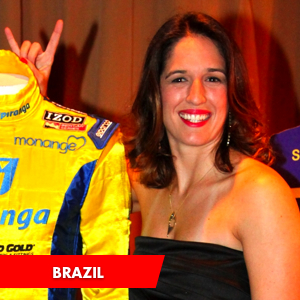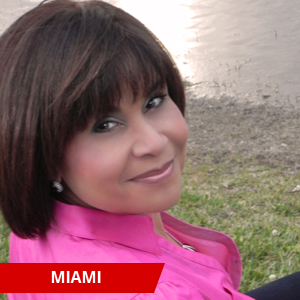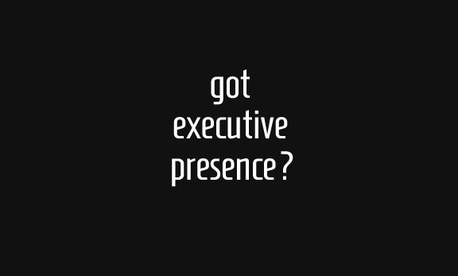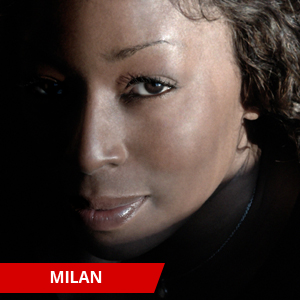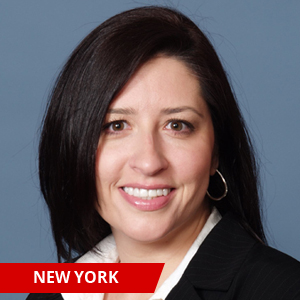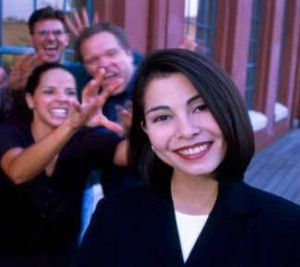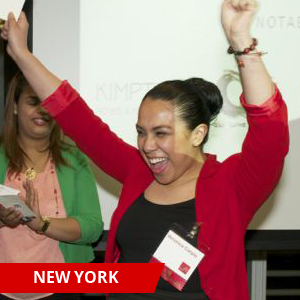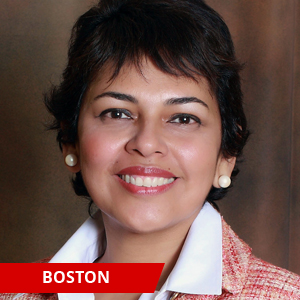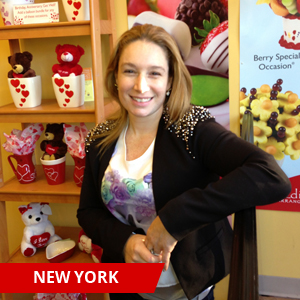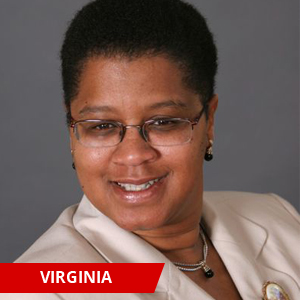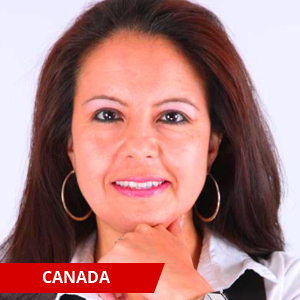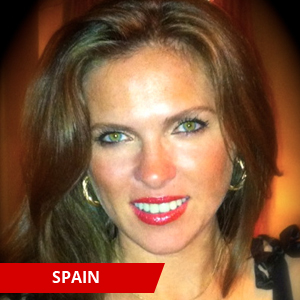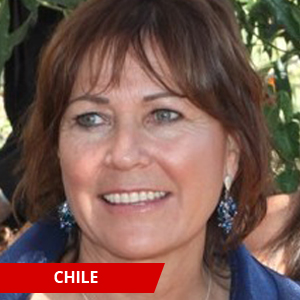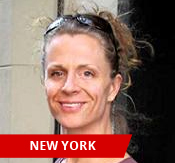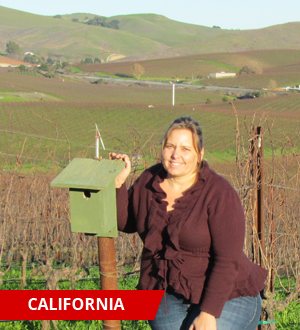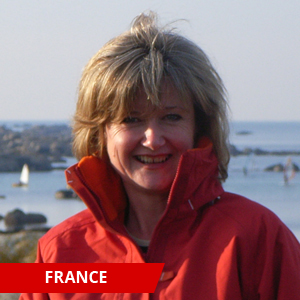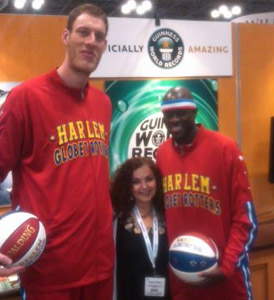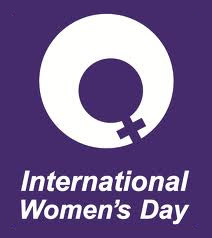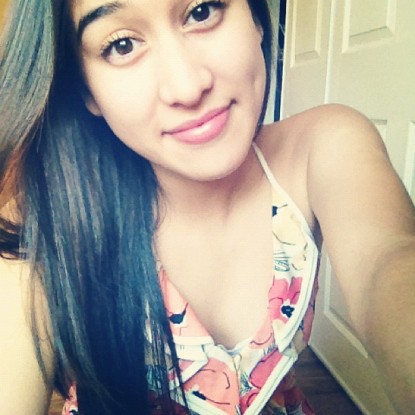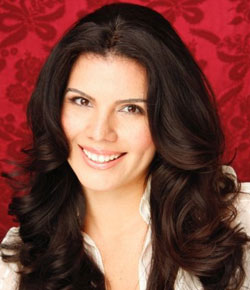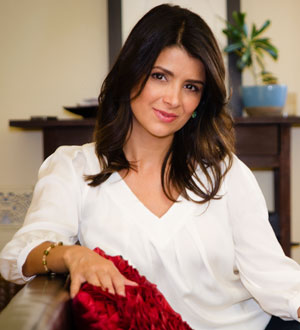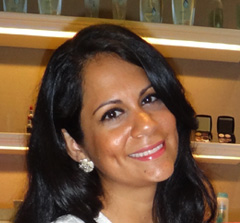Undoubtedly one of the strongest marketing mentors you could find, Kathleen Haley started her career in the agency side and then moved to tech giant Hewlett Packard. What years of working at large corporations have taught her…
They say great things come in small packages and this is seldom truer than when you talk to Kathleen Haley, a petite woman who is a giant when it comes to branding, communications and marketing. Undoubtedly one of the strongest marketing mentors you could find, Kathleen is as demanding as she’s fun to work with. Born in the U.S. to a Salvadoran mom and an American dad, she’s had an impressive career which included roles at public relations agency Porter Novelli, tech giant Hewlett Packard, spice and flavor manufacturer McCormick and now at health care start-up Iora Health. She’s one of the hardest working people you’ll ever meet yet at the same time she always finds time to enjoy life and laugh a lot. There’s so much we could learn from her…
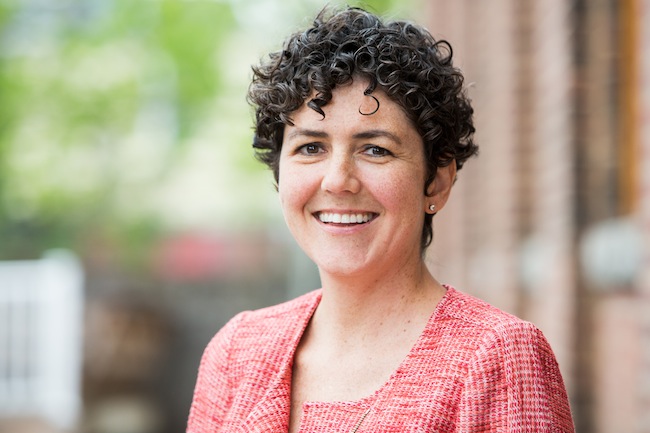
The making of one of the best marketing mentors
As a marketing professional and one of the most sought-after marketing mentors out there you worked both on the agency and on the client side. Which did you find most satisfying and why?
I started out on the agency side of the house, working in three different PR agencies, all focused on high tech. If I had to do it all over again, I wouldn’t change a thing. Learning PR and marketing (or whatever your focus is) is best learned in the agency where you’re doing the actual ‘doing’. Through this experience I was able to learn from the bottom up and it helps me even today because I know what’s possible!
I love working in house now, but really think the agency is the best way to start out.
Both sides are satisfying in different ways. In agencies, you go deep in a function and have the breadth in terms of the company exposure. At one point at my first job, I worked across seven different accounts (five different companies). That’s a great way to learn! By the time I left the agency world, I was focused on only one account, HP, so it was easy to jump over because I wasn’t getting the benefit of the agency life anymore.
On the client side, the benefits are different. You are able to know one company very well and learn the whole company (not just PR or marketing – but supply chain, operations, IT, HR, etc.). During my career, I’ve also been able to go pretty deep in these different areas by managing the communications for them. For example, when I was the communications lead for HP’s CIO and Executive VP of Global Operations, I had to understand those functions really well to help him with his communications.
As long as I’m learning and working with good, smart and nice people, I’m pretty satisfied!
The global experience of one of the most inspiring people in marketing
You’ve worked for global companies such as HP and McCormick and traveled extensively not only for your job but also as an international student. What differences do you seen in the opportunities for career growth women have in the U.S. versus in other areas of the world?
First off, I’ve loved every minute of my global experience. Living and working abroad is a much different and richer experience than having a global role from the US. But honestly, being an American woman in a global role in Europe is different than being a European woman in Europe! I remember “pushing the envelope” – to use a well-worn phrase – a lot more than many of my counterparts in Spain, because I didn’t ever think that I shouldn’t. Depending on someone’s upbringing, there are different expectations on what you should/shouldn’t do – I just never thought I shouldn’t ask a question, challenge the status quo…I also think a benefit for me was that I joined HP from the agency so I was seen as a consultant, which I think was a good thing. Some of my colleagues and great friends pointed out, even then, that it was different for me because I was American. I don’t really know if they would’ve been treated any differently but they thought they would so they behaved a little safer than I did. And this, oftentimes, led to fewer opportunities in the long run.
In my experience, women in Europe are, for the most part, in leadership roles only in certain functions – HR, sometimes Marketing/Communications. But frankly, I see that in the US too. When you look around the table of execs, it’s usually very male and the women are still in those same roles. Not to say that there aren’t exceptions, but for the majority of groups I’ve been in, I’ve been the minority.
I had the luck of being able to sit at that table as a pretty junior person in Europe because I had a direct reporting relationship with the head of the business. I used to tell people that it was a very long line, but a direct one! – so I saw from early on what it was like. I think there’s a good way to work within the environment. There’s an advantage to being the youngest and one of a few women – often times you’re underestimated. I took advantage of that to learn how the business worked and observed how politics moved things forward.
Many people would say that there are really big differences between the US and the rest of the world. From what I’ve seen, it varies by company. Overall there aren’t enough women in leadership positions, but there aren’t enough Hispanics either…nor African Americans. And then you get to certain companies where there are! But they are few and far between.
One difference I’ve seen is the focus on changing the picture of leadership to have more diversity, including more women in leadership positions. I haven’t lived in Europe in a while, but it’s spoken about a whole lot more in the US than elsewhere but I don’t see that many companies doing really actionable changes in this area. Talking is good, but measuring and having consequences for not making strides, is a whole lot better!
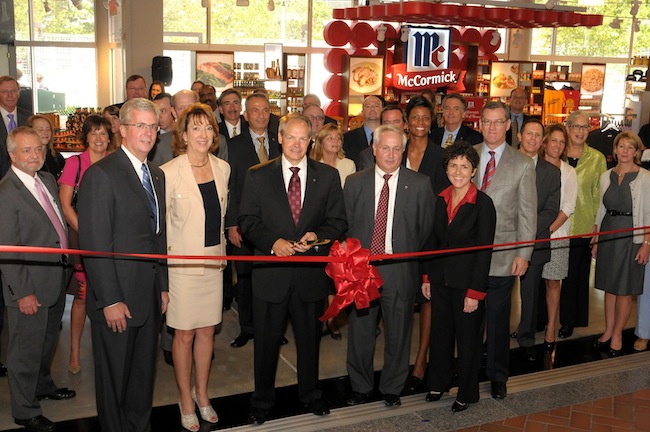
Overcoming adversity on the road to career success
Share with us one of the big challenges you faced in your career path and how you tackled it.
Challenges come often and while we don’t always view them that way, we should; they’re good. And every choice we make – whether it’s not to make a decision or to make a conscious choice – is a choice that affects our career path. A big challenge I faced was to make a leap to leave a dysfunctional organization. The first time I did this was extremely difficult. There were people advising me to find a job within the company, stay until I had a new job, and a lot of other advice but I knew that while I had had a great run in the company overall, it had changed and was no longer where I should be. I have values that I need to live by and I wasn’t seeing them around me any more. I stayed much longer than I should’ve but the day I chose not to stay – not to find a job within the company – and to risk not having a job to get to something better – that was a scary day. And yet it was a great decision for me. My challenge was to get out and take a leap without knowing what was on the other side, because where I was wasn’t good enough for me!
And since then, I’ve been less afraid to make changes – big changes – when I find myself in a place that’s not the best for me. Life’s too short to be less than happy.
How great marketing mentors build strategic partnerships with men
How did you build strategic partnerships with the men in the organizations where you worked so they would support your career goals?
It’s interesting because in my experience, I’ve had better luck with men supporting me than women! (Blasphemy in this group, I know, but it’s true!) One area where I think I need to work harder is building relationships and partnerships outside of the reporting structure for that extra support, to find and build mentor/mentee relationships that span jobs/companies.
What I’ve done well is that I’ve been able to work with several really great managers who have supported me – even when I’ve wanted to leave their groups to try something else. I’m a bit dictatorial when it comes to my career conversations. In my first job, the agency instituted a policy that they would pay for one lunch a quarter for each employee with their manager to talk about career goals and development. I was 22 years old and as soon as we had one lunch I would put the lunch date on my manager’s calendar for the next quarter! I am pretty sure I’m the only employee who had quarterly development discussions because of my determination!
And, today, I try and approach men – and women – with specific asks. I call on people for different things – whether it’s challenges I’m facing, jobs I’m considering or thinking about my future in general.. I go to people I worked with, respect and have good working relationships. I’m not great at building relationships just to network but I build them through working with others. And since I have these relationships, I never have an issue emailing or calling them up to ask for help. But being specific helps. I appreciate it when someone comes to me for advice with a specific ask. If it’s broad, nebulous, it’s always harder to accept than if someone asks for 30 minutes to talk about something specific.
A leadership style that works
What’s your leadership style?
If you ask people I’ve worked with, I’m sure they’ll say that I’m demanding but fair. I have high expectations of my team and myself as I want the best results possible. I get things done and love to work in – and work on – building high performing teams to get the best work. I always put my team first and invest in the team needs to improve team dynamics. And, as a leader of a team, I see my self as someone who’s there to remove barriers for them. And I always have projects that I’m working on as I never have been a leader who only leads, without projects to get my hands dirty on!
And I like to have fun. If we can’t have fun while working so hard, what’s the point?
You can connect with Kathleen Haley on Linkedin as well as make a statement signaling your support for women’s career success.



